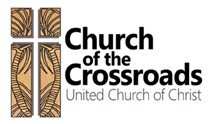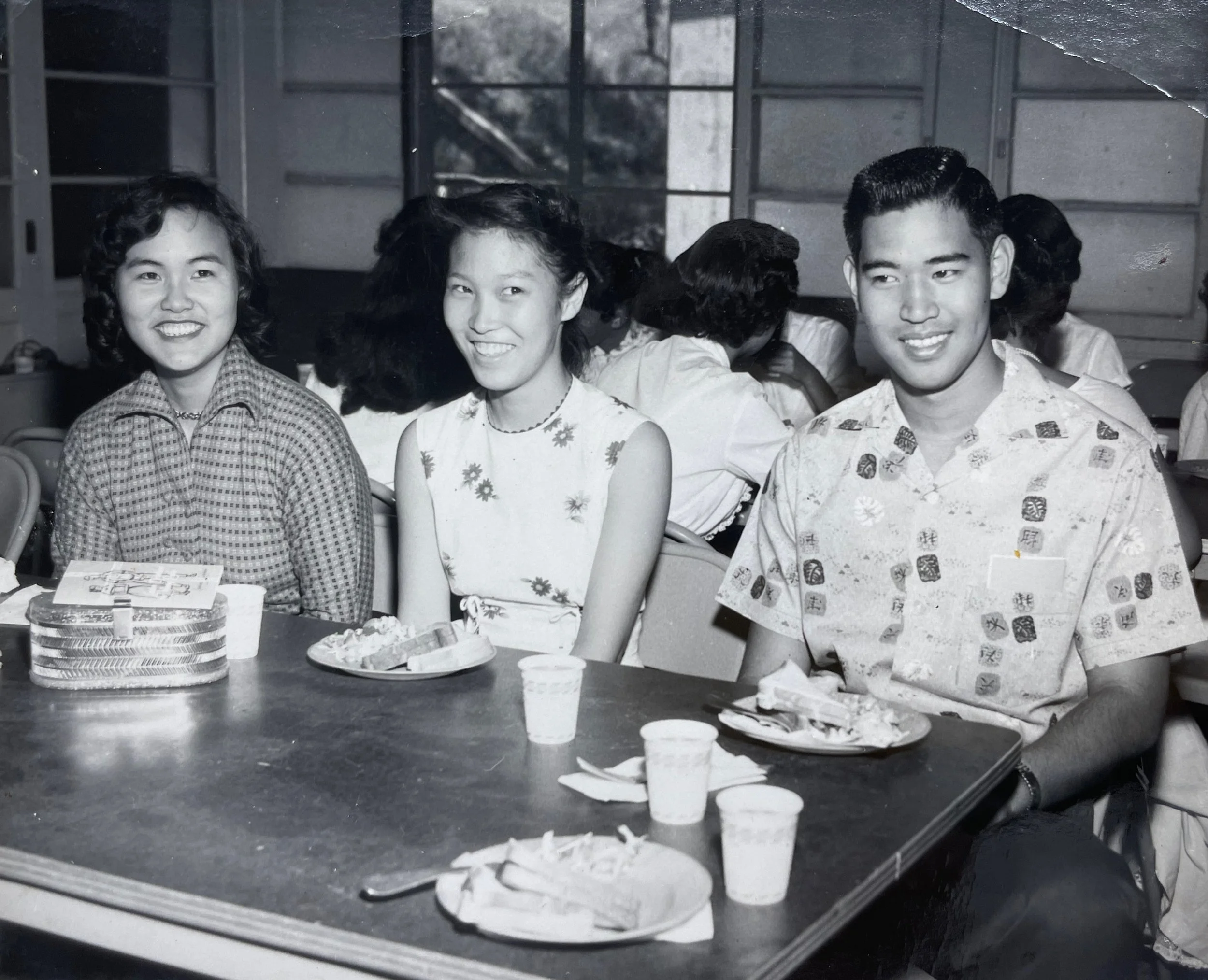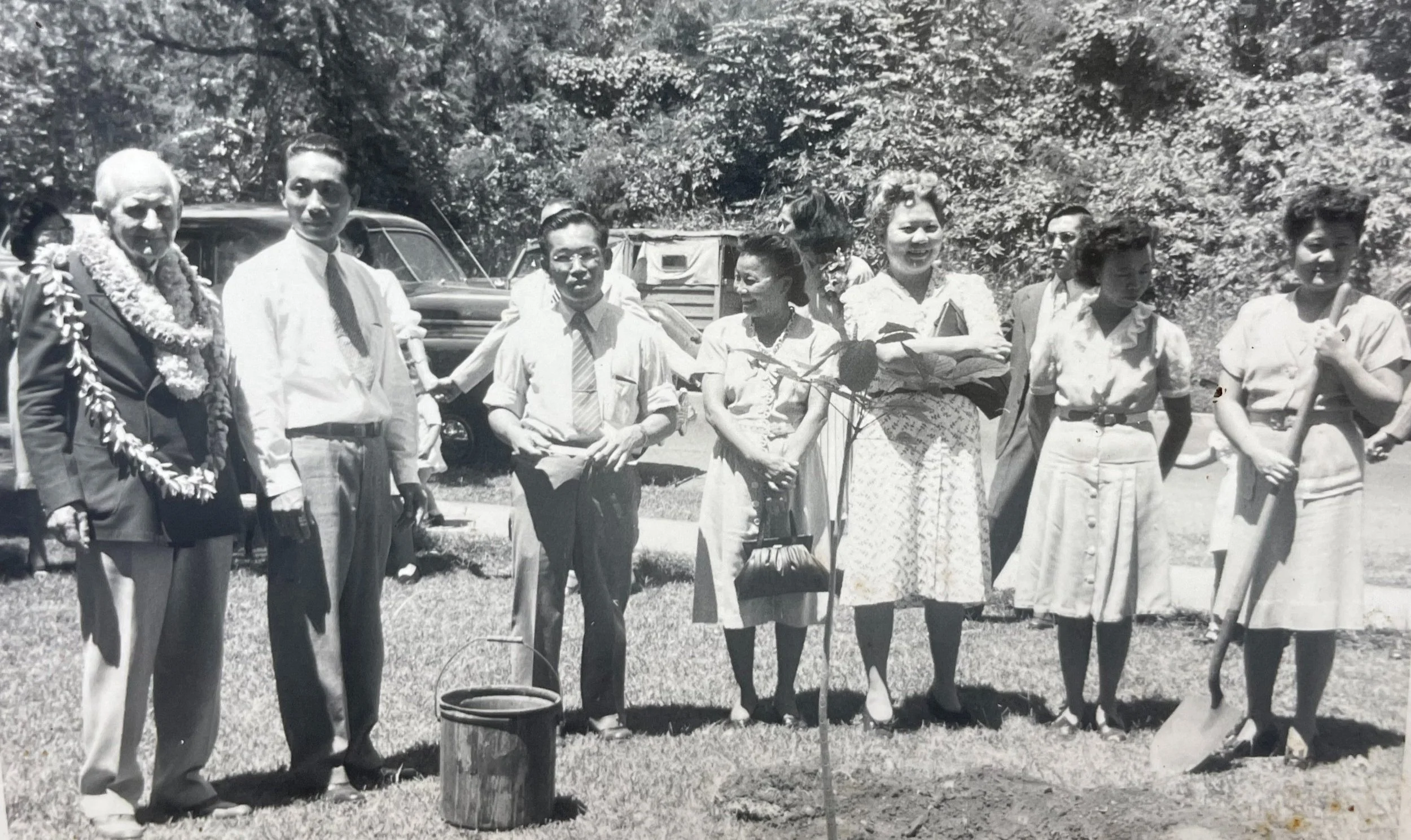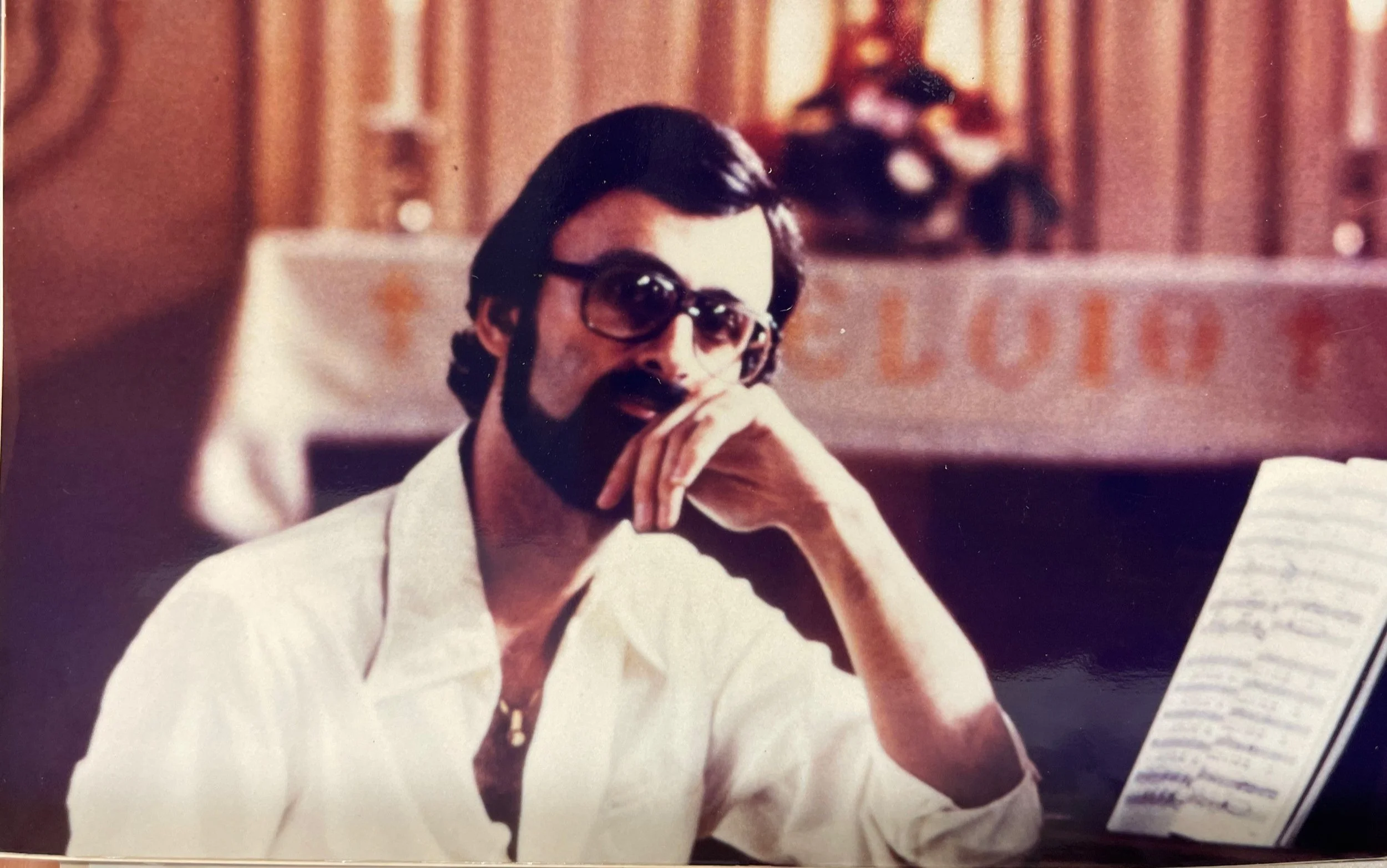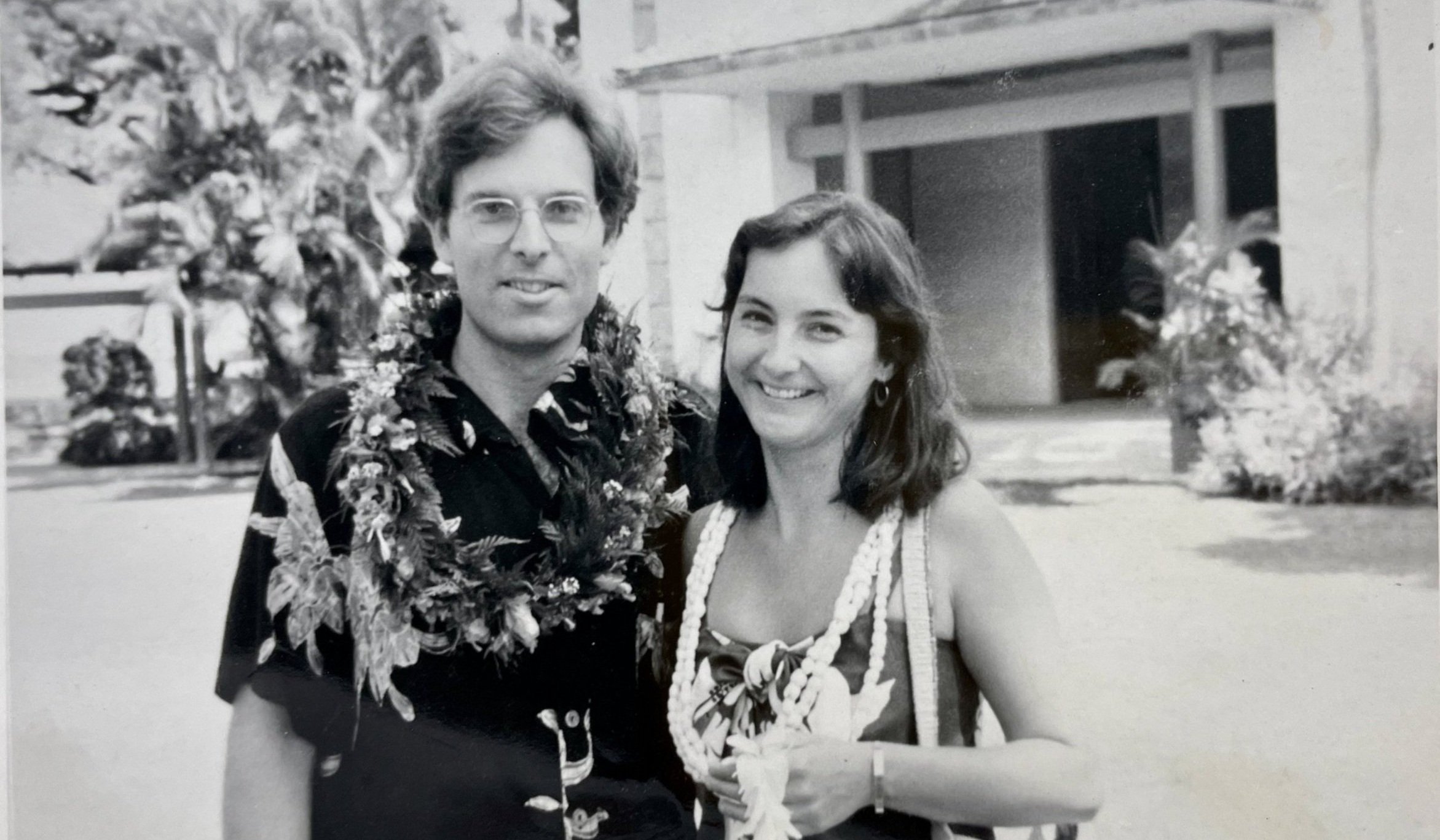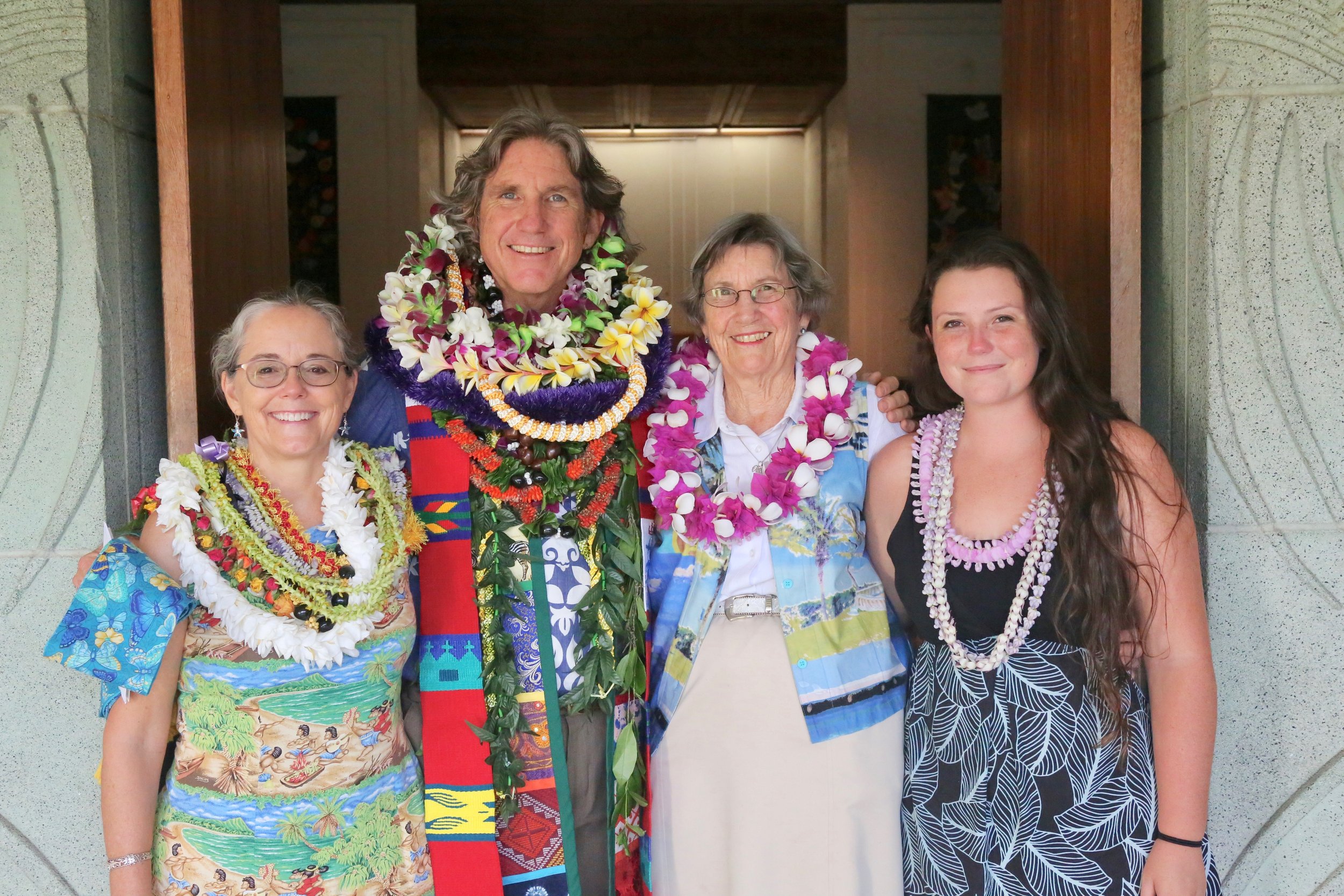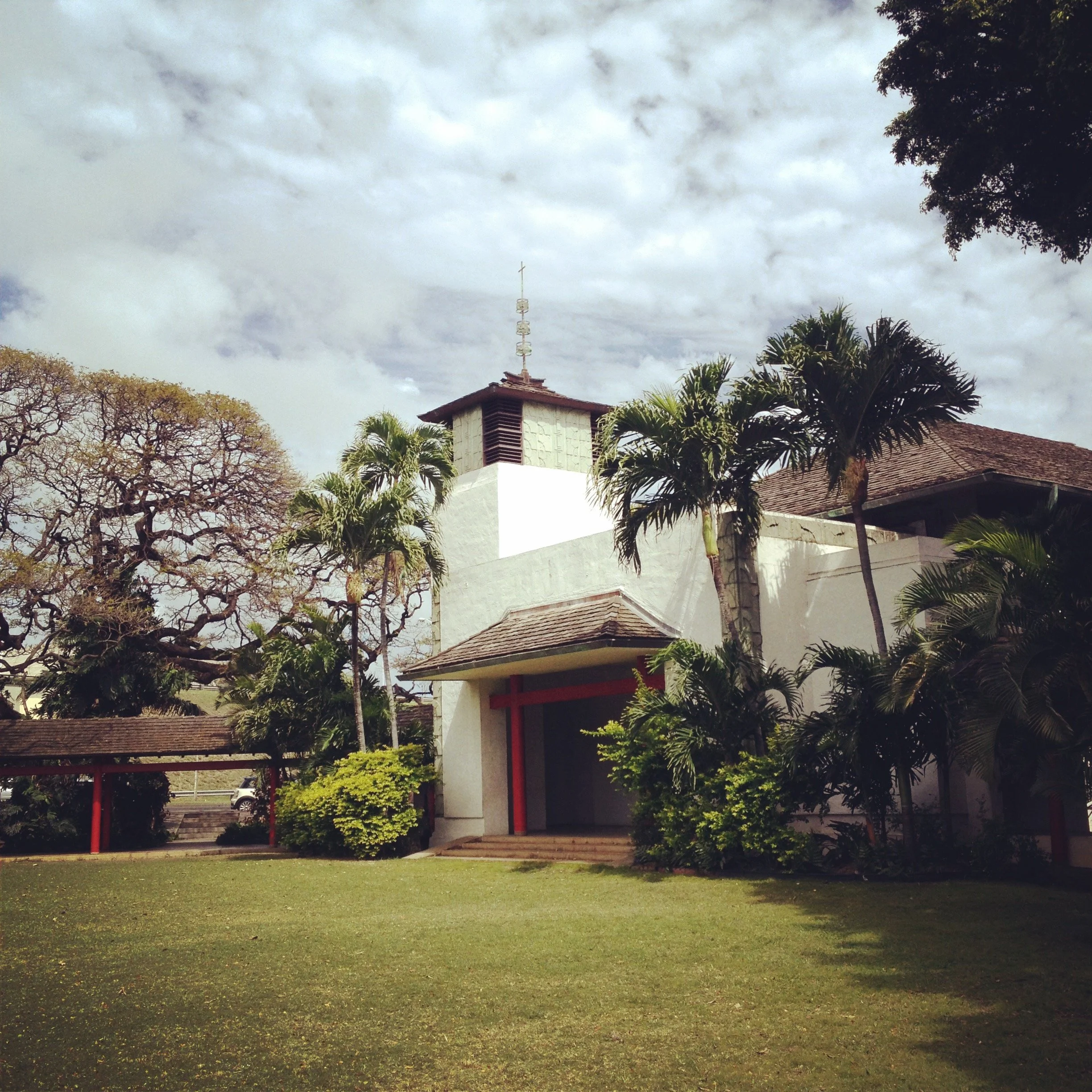Our History
Crossroads through the decades
As we reflect upon the last 100 years, we give thanks for the many faces, discussions, prayers, friendships, sermons and experiences that have shaped our church’s history and identity. A variety of quotes and details below are from long-time church member Judy Rantala’s 1998 booklet on the history of Church of the Crossroads, Living Between the Ideal and the Actual.
1920s - Intentional Diversity
During a period of deep segregation in sugar plantation housing and predominantly ethnic churches, Church of the Crossroads was the first intentionally interracial church in Hawaiʻi, formed by a diverse group of students from Mid-Pacific Institute, McKinley High School, and University of Hawaiʻi. With Rev. Galen Weaver as its first pastor, Church of the Crossroads—informally known as the Young People’s Church—was “born in gentle but firm rebellion against the status quo.”
1930s - Cornerstone of Faith
With widespread fundraising efforts, young church members raised money to purchase six acres of swampy Moʻiliʻili land near the University of Hawaiʻi. Architect Claude Albon Stiehl designed the sanctuary, and artist Margaret Blasingame created wood carvings below the pulpit and lectern, representing themes of Judaism, Hinduism, Buddhism, and Zoroastrianism: a symbolic reflection of diverse backgrounds coming together peacefully under one roof.
1940s - Wartime Friendships
A new preschool was established on campus and community partners began utilizing the grounds for their weekly worship services and meetings, including Punahou School, the Society of Friends, Moʻiliʻili Community Council, and a Jewish congregation. The church saw hundreds of weddings, pageants, and concerts take place during the 40s, and served as a designated evacuation and volunteer housing center for ʻOahu residents during WWII.
1950s - Golden Years
After successfully preventing the H-1 freeway from cutting through church property, Crossroads experienced a decade of relative peace and prosperity. The postwar baby boom helped church membership grow beyond 700. The first black pastor—Rev. James Hargett—was called to service alongside Rev. Donald Gaylord; $200K was raised to build and dedicate Weaver Hall; the church sponsored a refugee family from China; and our beloved gold shower tree that still stands today along University Avenue was planted by member Jack Gillmar’s grandfather, Frank Scudder.
1960s - Radical Sanctuary
Theological challenges and institutional criticisms delivered in passionate sermons by Rev. Delwyn Rayson mirrored the larger civil unrest and racial tensions boiling over in the country. A bookstore and the Freeway Coffeehouse brought young hippies to the church grounds, while alienating other long-time members. A unanimous congregational resolution in 1969 provided religious sanctuary to 35 conscientious objectors during the Vietnam War, “while all activity was observed from the edges of the church property by members of the Honolulu Police, the FBI, the Military Police, and representatives of the federal Central Intelligence Agency.”
1970s - Music and Healing
Following the upheaval of the previous decade, membership and finances began to plummet throughout the early 70s, and soon fewer than 100 members remained. However, bright spots of this decade included a successful Theologian-in-Residence program, renewed adult education sessions, the sponsoring of a Laotian refugee family of six, and the arrival of Don Conover, who began revitalizing the music program in 1976. Rev. Gloria Kibbee was called as pastor in 1977, bringing gentle insight and much-needed healing to the church, but she sadly and unexpectedly died just a few years later.
1980s - Common Grace
Rev. Anthony B. Robinson’s “strong Biblical theology reached out its firm hand, asking the Crossroads flock to take a new look at who and what they were and wanted to be as a church,” from 1981-1986, while “the church school program grew through the skilled efforts of Linda Robinson,” an educator—and Tony’s wife. With a social justice focus, church members cooked meals for IHS (Institute of Human Services), and continue to do so every Saturday, to this day. In 1987, Crossroads supported Indonesian village Pansur Nauli by sponsoring several local men to “train their fellow villagers in more productive agricultural methods,” resulting ten years later in “surplus food, safe water, an irrigation system, a fish pond, a paved road,” and training of other villagers.
1990s - Just Peace, Open & Affirming
Called to service in 1988, Rev. Neal MacPherson led Crossroads through many initiatives at the forefront of social equity. In March 1992, Crossroads declared itself an Open and Affirming (ONA) Congregation, explicitly welcoming the LGBTQIA+ community. Adopting a Just Peace Covenant the same year, the church established the UCC Transition House to help battered women and children move away from violence, into better lives. Language used in worship shifted “beyond the image of a patriarchal God toward a more inclusive representation of the Creator.” Large print bulletins and hymnals became available, ramps were installed, and pre-worship meditation offerings helped increase diversity and accessibility in new ways.
2000s - Church at a Crossroads
Crossroads embraced the changing millennium with a new educational lecture series that is still going strong today: the Umematsu and Yasu Watada Lectures on Peace, Justice and the Environment. Restoration of the sanctuary took place, and the New Creation Initiative was implemented to focus and restructure UCC churches around missions, helping to form our current Mission Teams. Our Theologian in Residence program brought Douglas John Hall to campus in 2002, and in 2008 Pastor Neal MacPherson retired after 20 years of faithful service, also publishing his first book, Church at a Crossroads: Being the Church After Christendom. The Revs. Ruth and Dave Sandberg were interim pastors during this momentous crossroads of change.
2010s - Turning the Tides
When the Marriage Equality Act passed in 2013, our openly gay pastor Kyle Lovett became an invaluable resource: she helped the Hawaiʻi Conference UCC and other island churches navigate how to carry out same-sex weddings with respect and aloha. After a handful of interim pastors and guest preachers succeeded her—including Sharon MacArthur, James Fung, and David Kieffer—the search committee called Rev. David Baumgart Turner in 2017 amidst much fanfare. Previously the Executive Director of Camp Mokulēʻia, Kahu David brought a strong sense of compassion, humility, sensitivity, and grace to the Crossroads ʻohana. With a passion for environmental justice, youth education and pastoral care, he continues to deliver gentle leadership and thoughtful sermons that help us grow and support one another. We are delighted to have him guiding us into our centennial and beyond.
2020s - Into the Unknown
The Covid-19 pandemic introduced virtual choirs and hybrid online worship, and lots of this new technology is here to stay. In this decade of our centennial, we ask ourselves what will become of churches in the future? Will a traditional worship service still draw people in? How do we best support busy parents and grandparents, single or child-free adults, children and teens, and an aging population? How will social, environmental, or health issues impact the way we gather and worship? What do young people need, and does the current model help or hinder these needs? In our quest for progressive theology and rigorous study, are we accidentally excluding others with more conservative political views or less education? How can we honor our founders and continue to be a safe place of gathering, learning, questioning, diversity and inclusion? We hope you will join us via in-person or virtual gatherings and become part of these important conversations for our future.
Our Future is in YOUR Hands!
If any part of our history has impacted or inspired you, please consider donating today. As with most nonprofits that operate through charitable donations, it is highly uncertain whether or not our church can weather the changing storms of the next 100 years. No gift is too small. Monthly recurring donations (that you may generously choose to increase each year as inflation and operating costs rise) are an especially powerful tool for our budgeting and annual planning of social programs and community initiatives. Designating Church of the Crossroads as a beneficiary on your retirement account, or leaving a portion of your estate to the church in your will or trust is another impactful way of supporting our future. We have faith that we are in good hands: yours. THANK YOU!
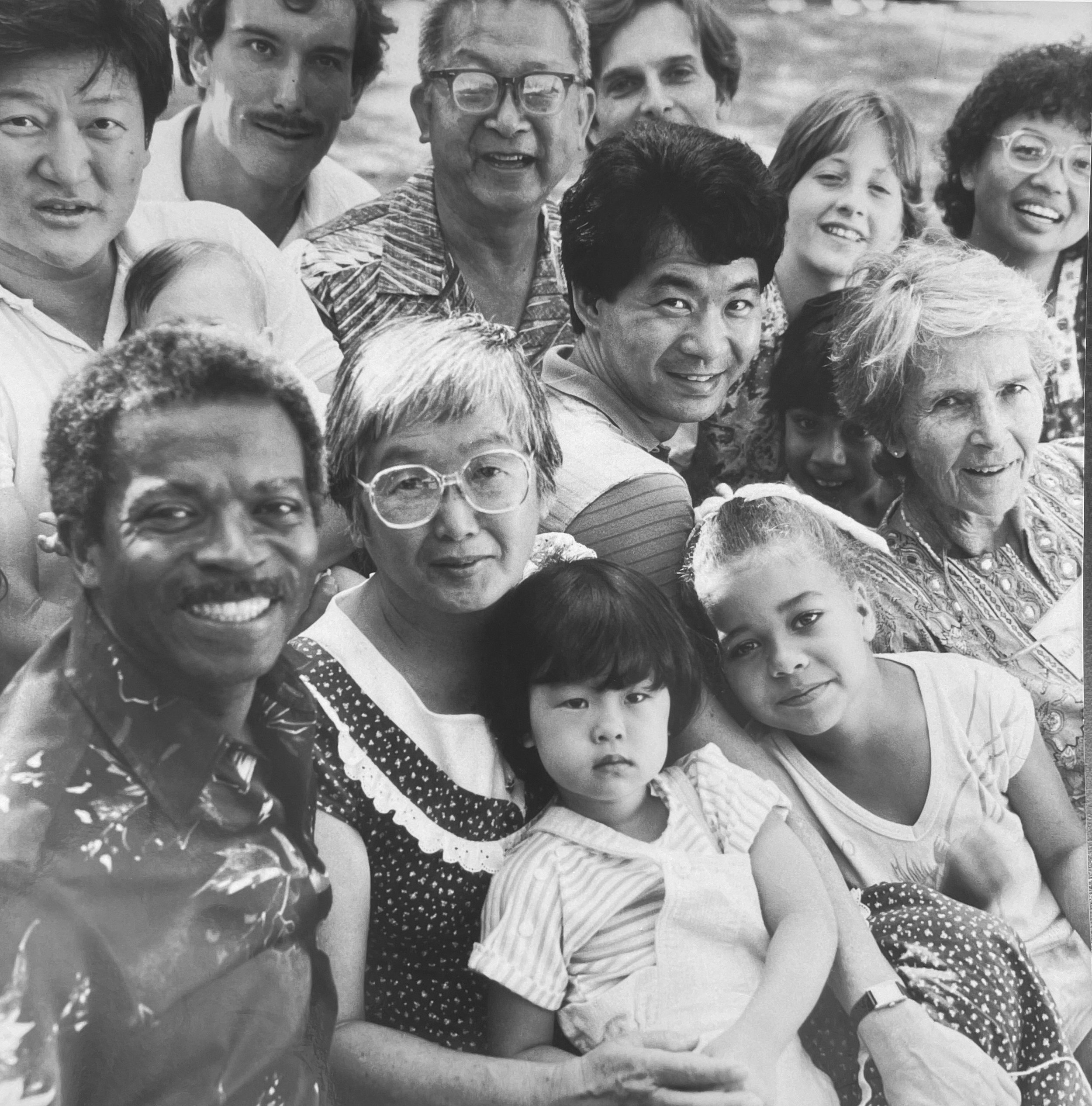
David Takagi, Peter Dye, Mits Aoki, Kaselel Polson, Frances Wong, Jim Howell, Kikue Takagi, Becca Howell, Mary Liz Carlmark
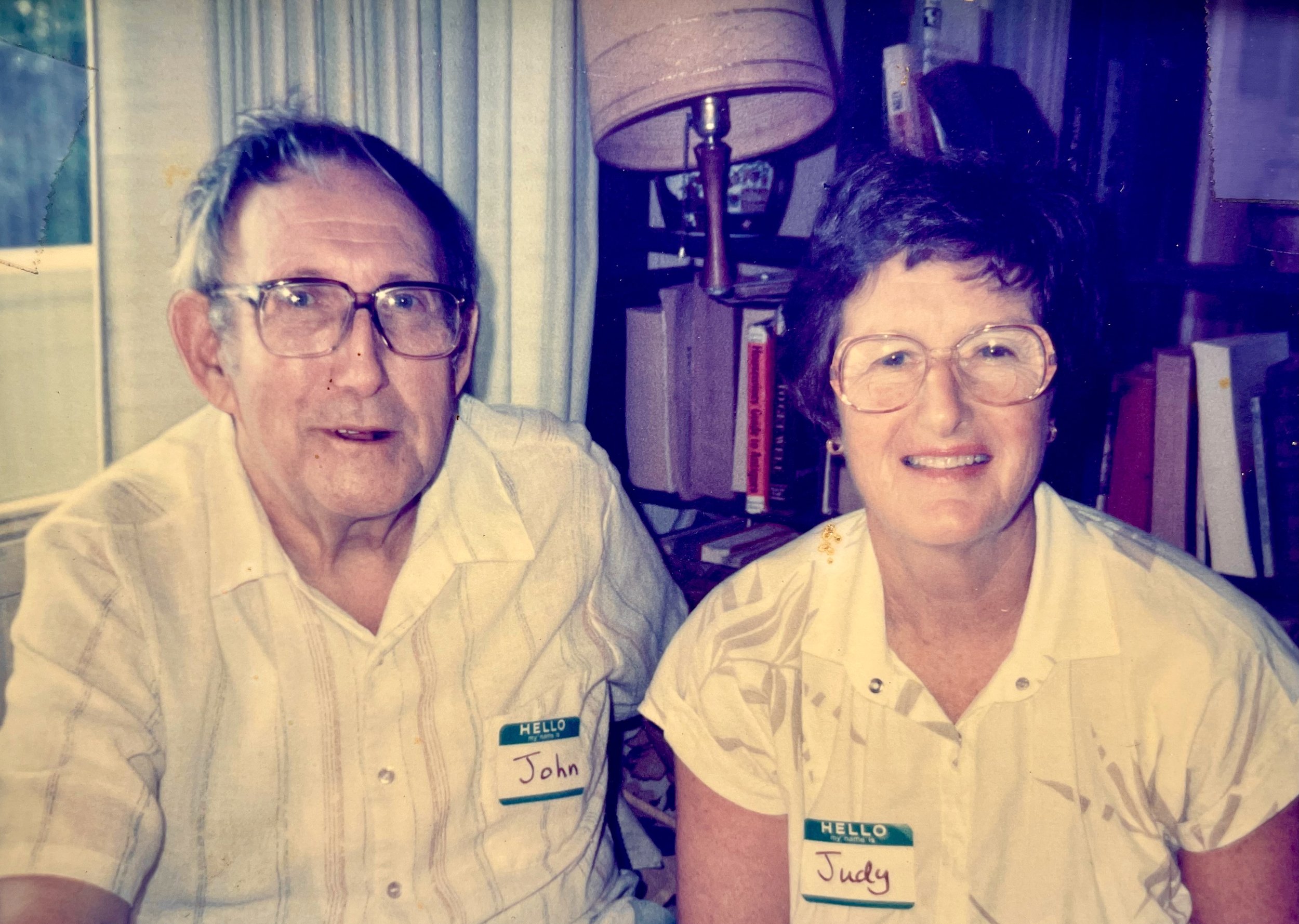
John & Judy Rantala
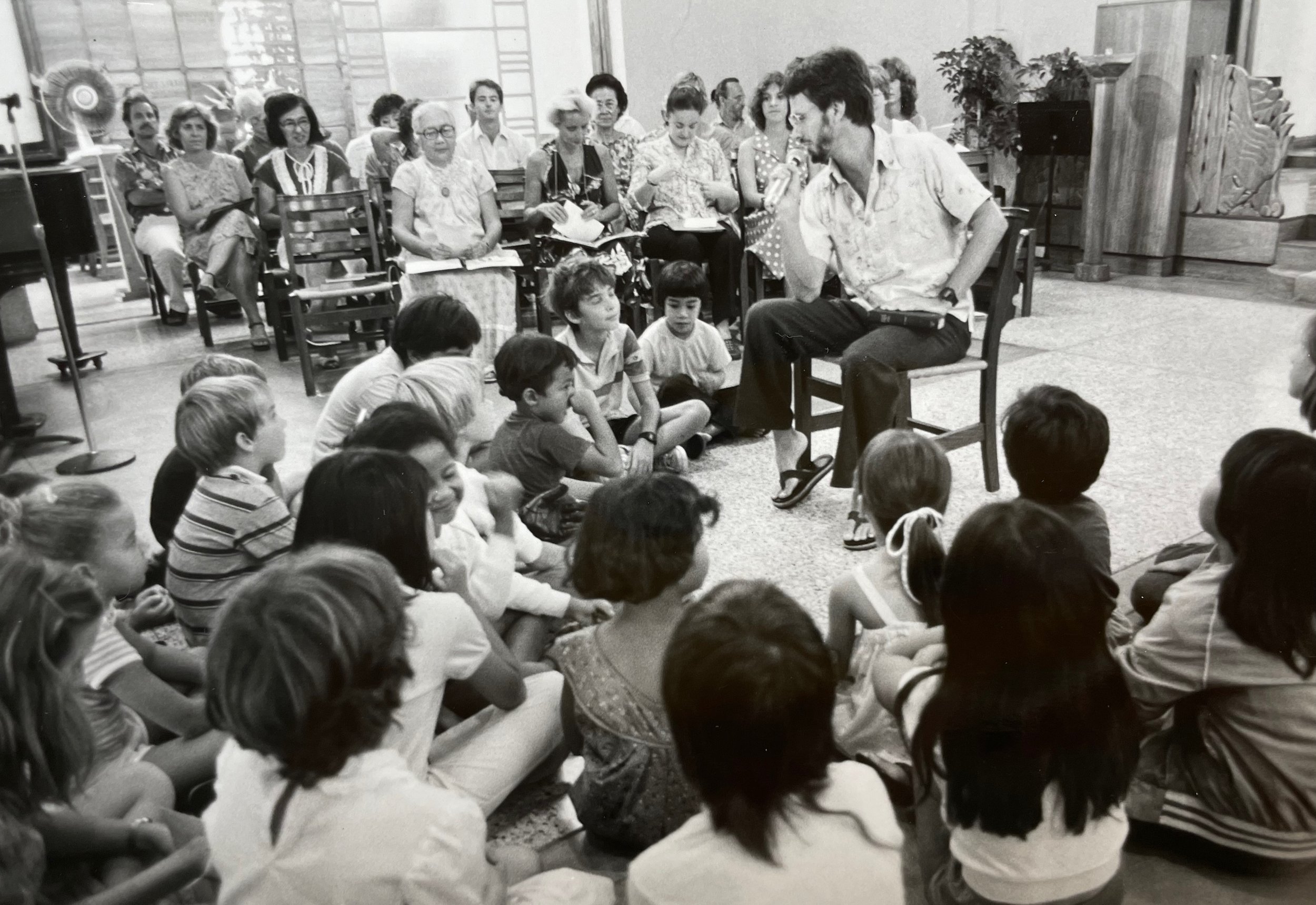
Bud Grossmann with keiki
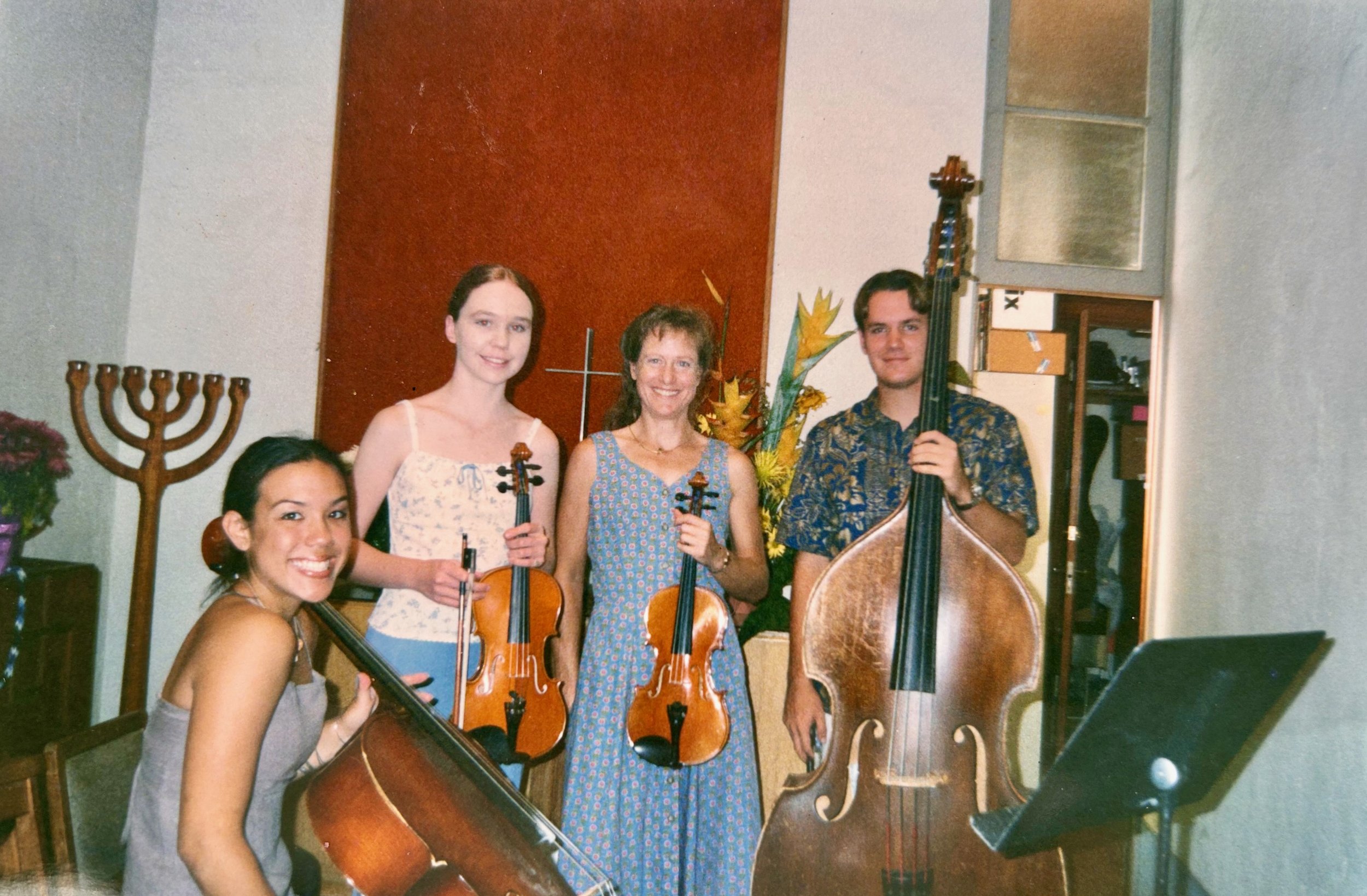
Kelly Adler, Rachel Bradshaw, Elaine Lemons, Tristan Child
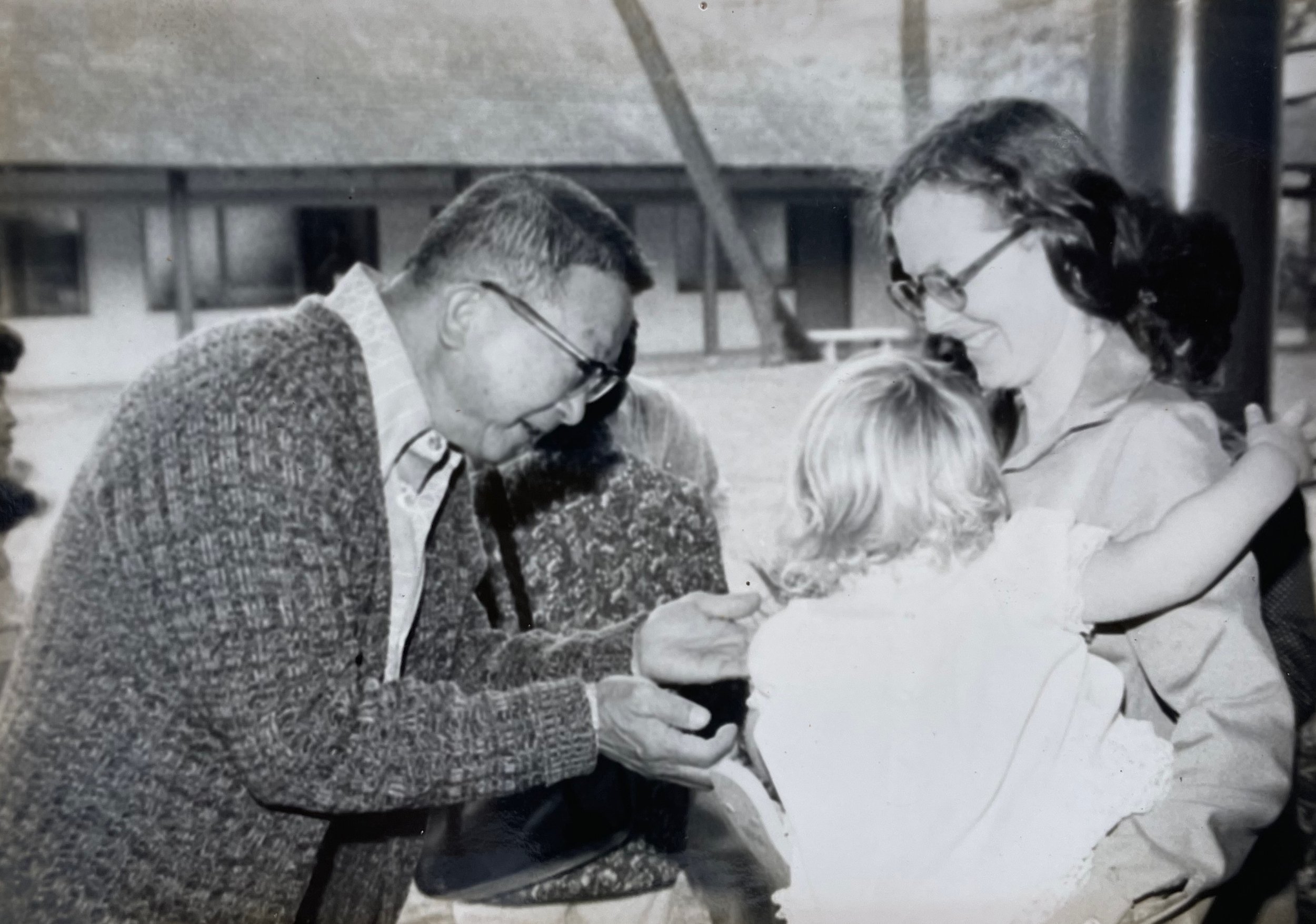
Mits Aoki, Janet Gillmar
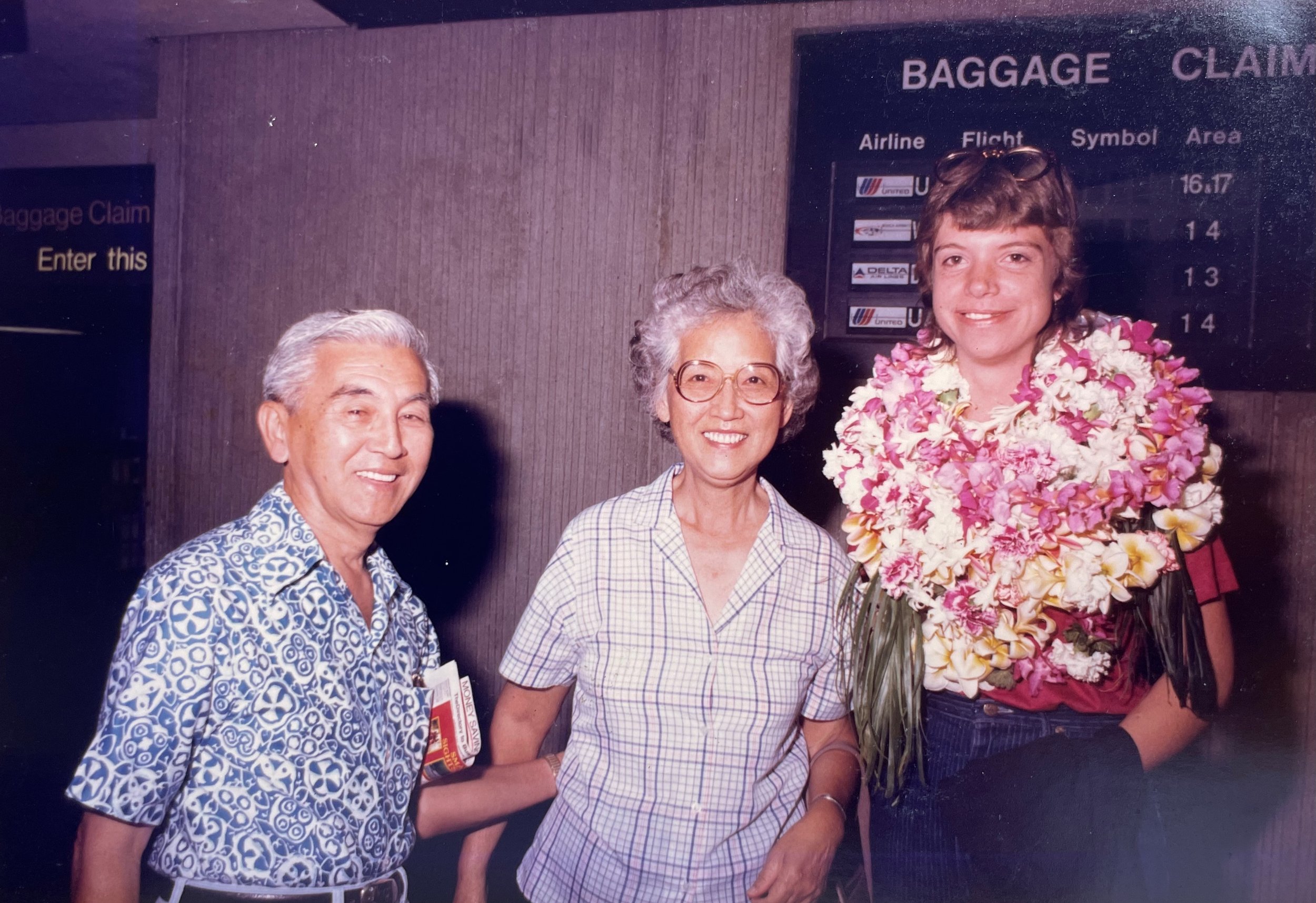
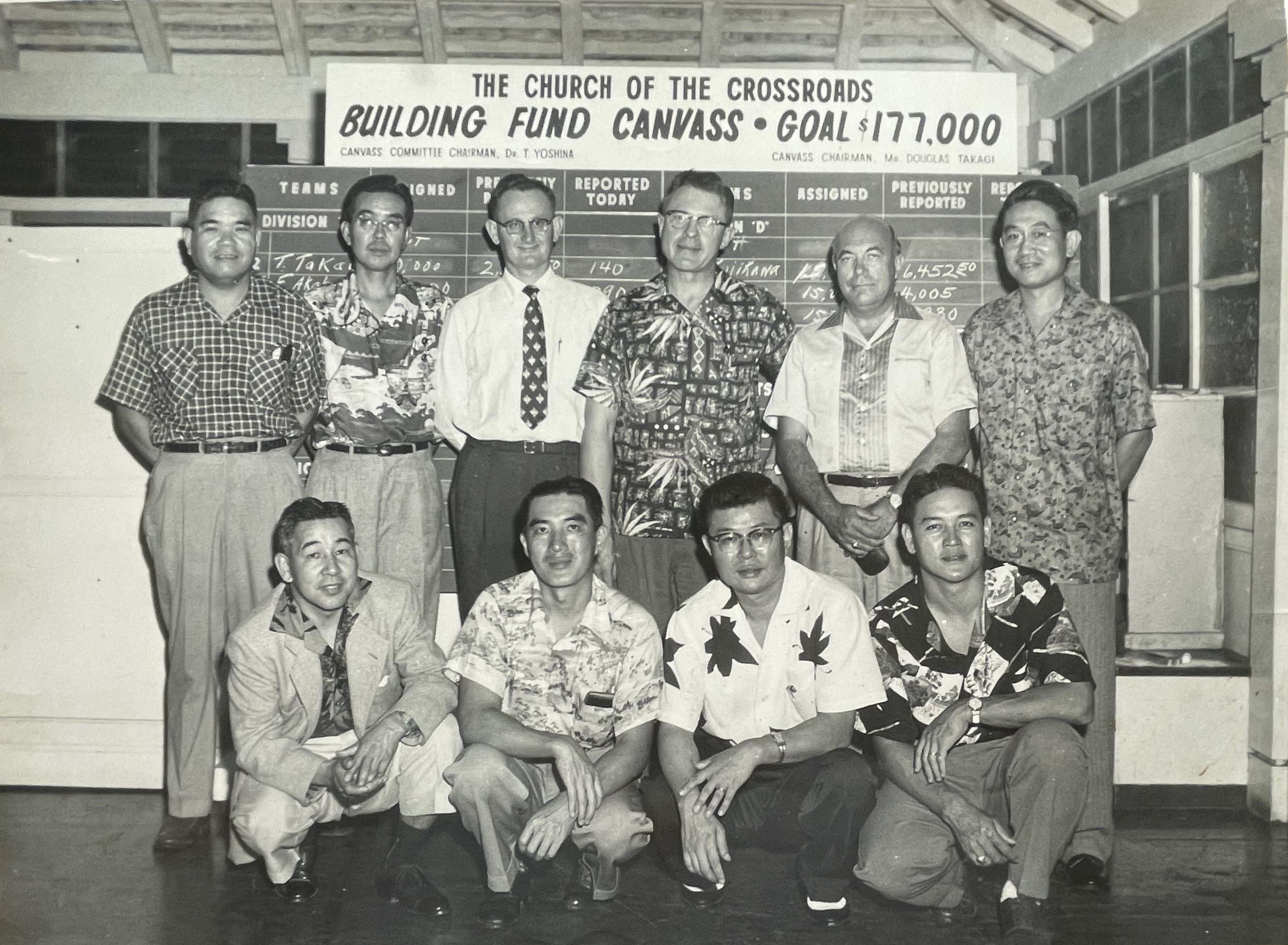
1950s Capital Campaign Committee, chaired by Dr. T Yoshina & Douglas Takagi
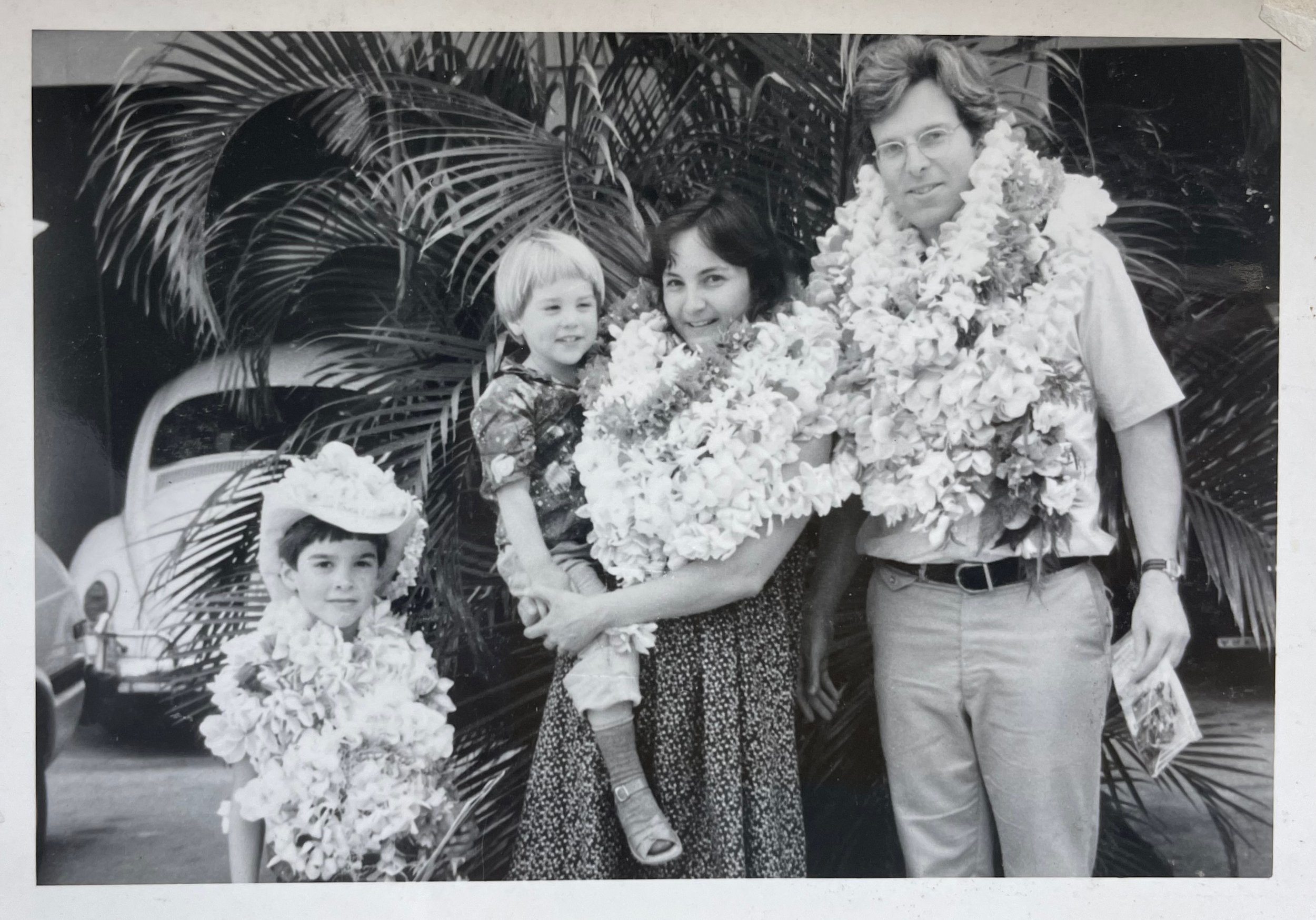
Joe, Nick, Linda & Tony Robinson
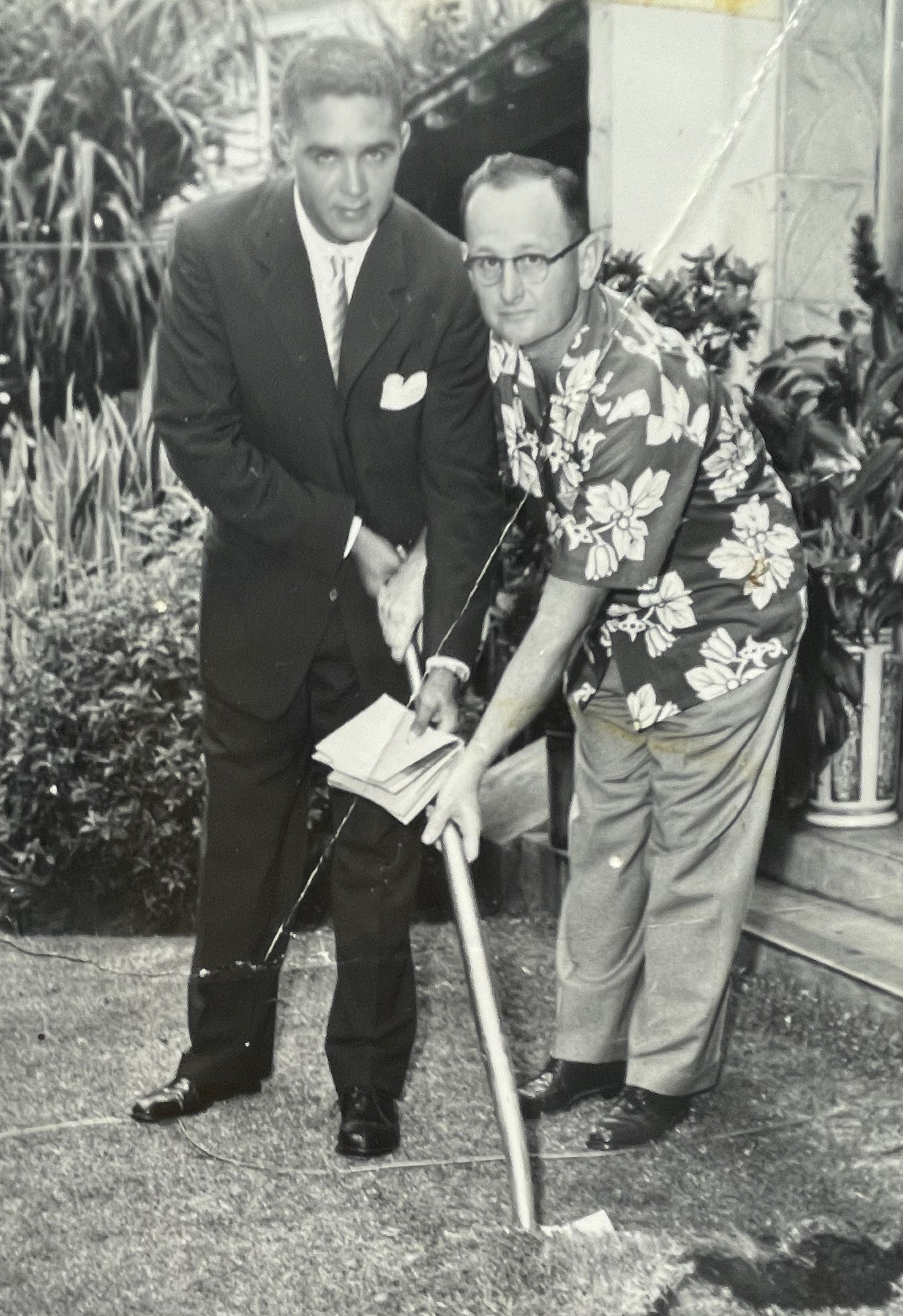
James Hargett & Walter A. burying the cornerstone of Weaver Hall, 1958.

Tomio Mukaida planting the gold tree on University Avenue.
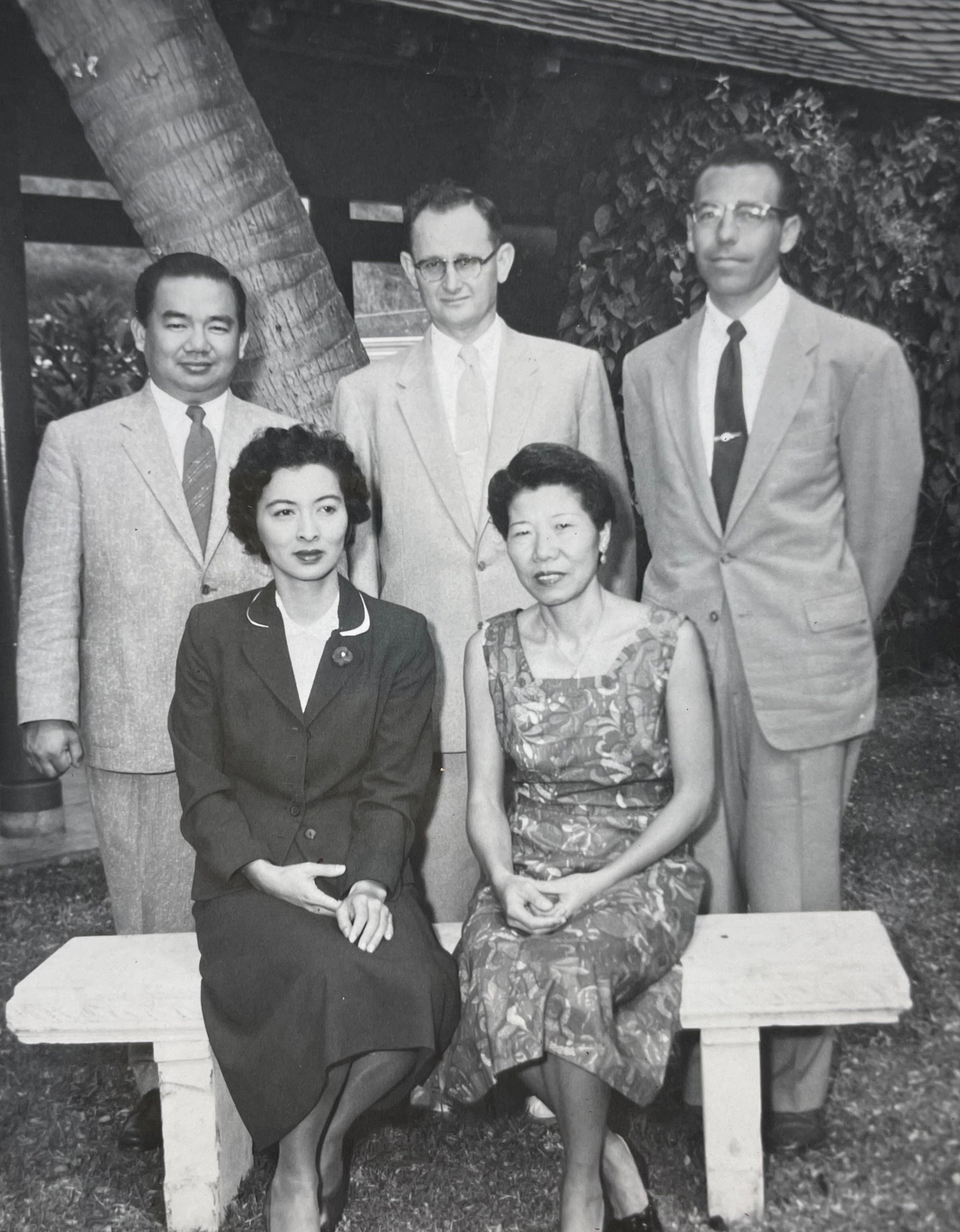
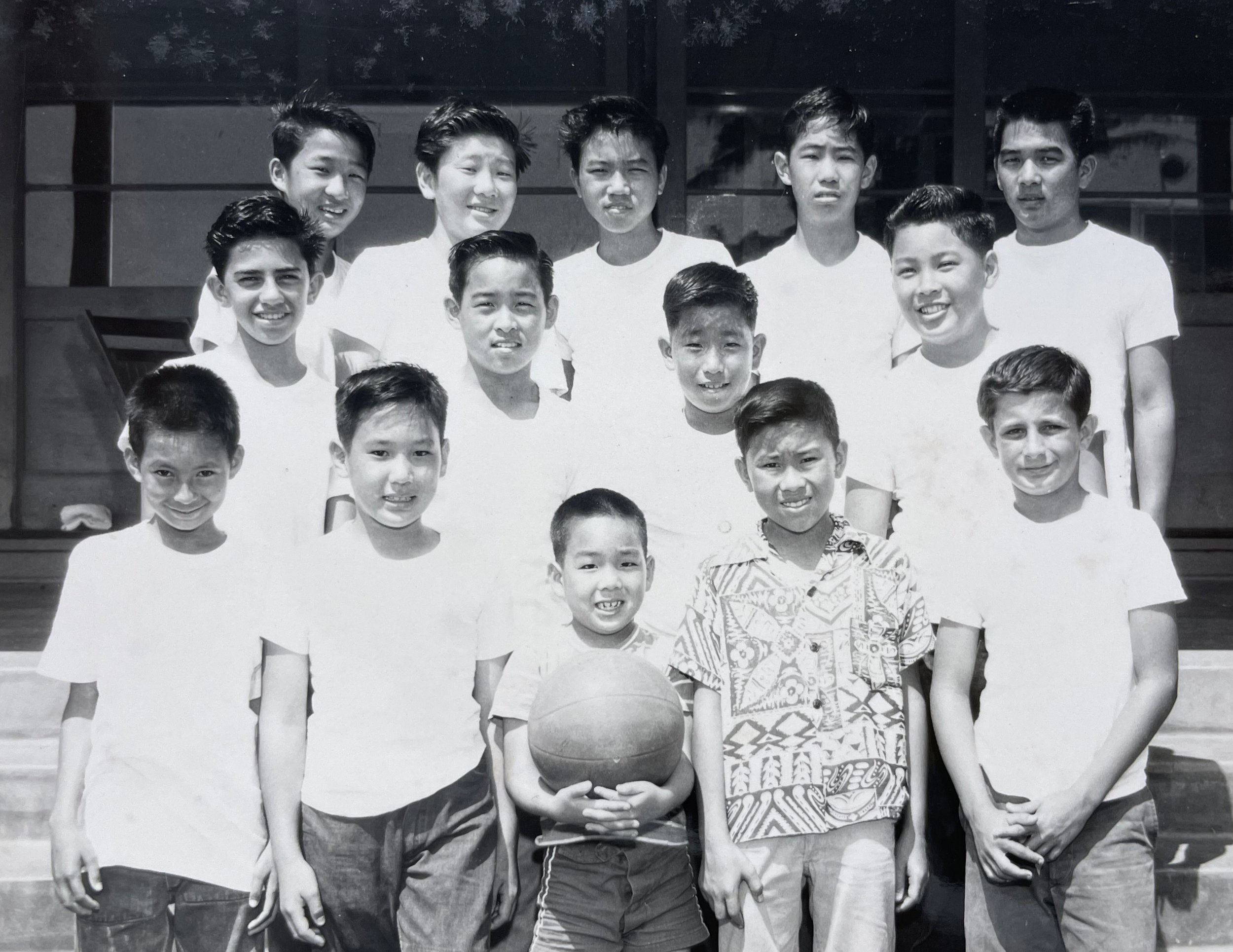
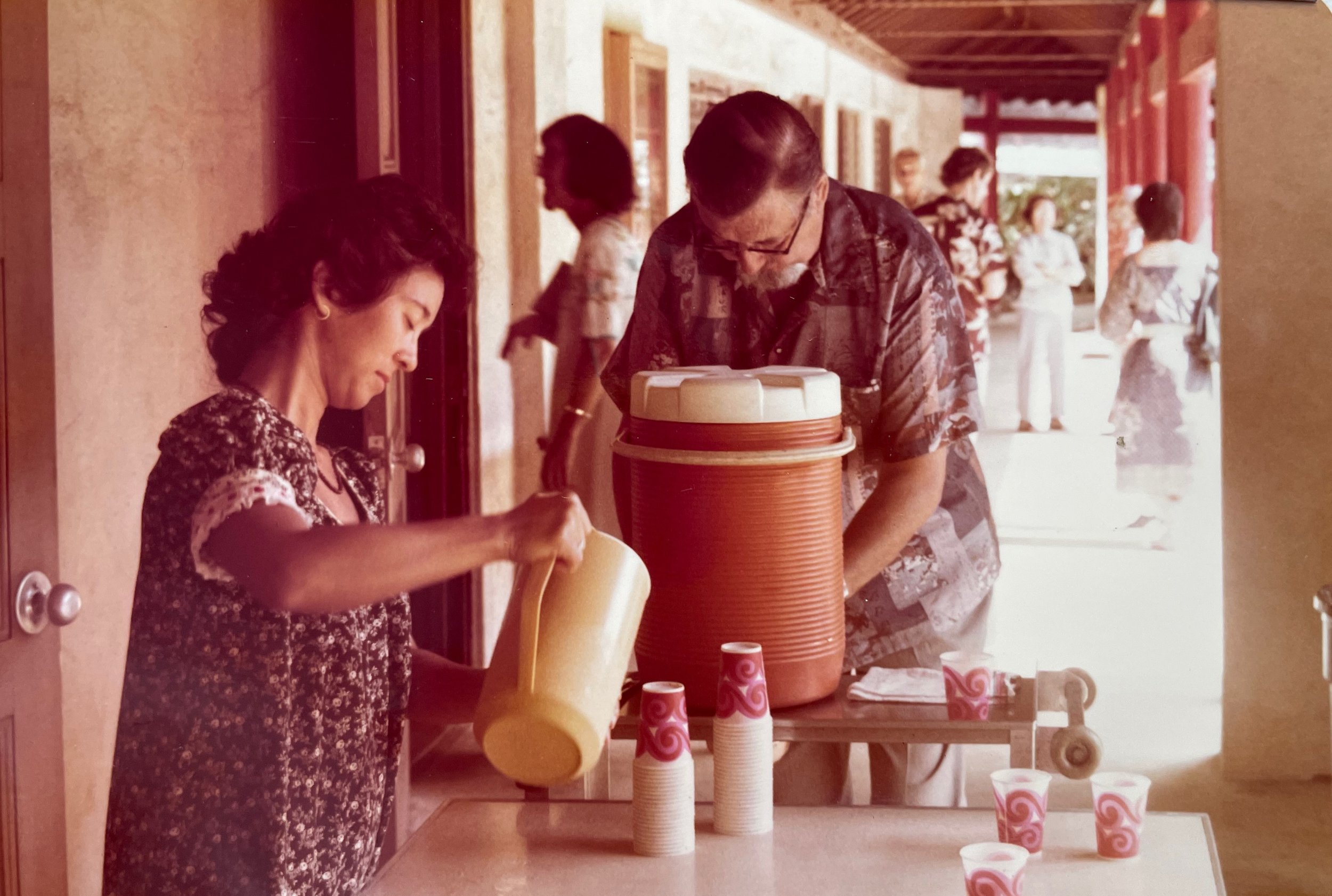
Kathy Maddux
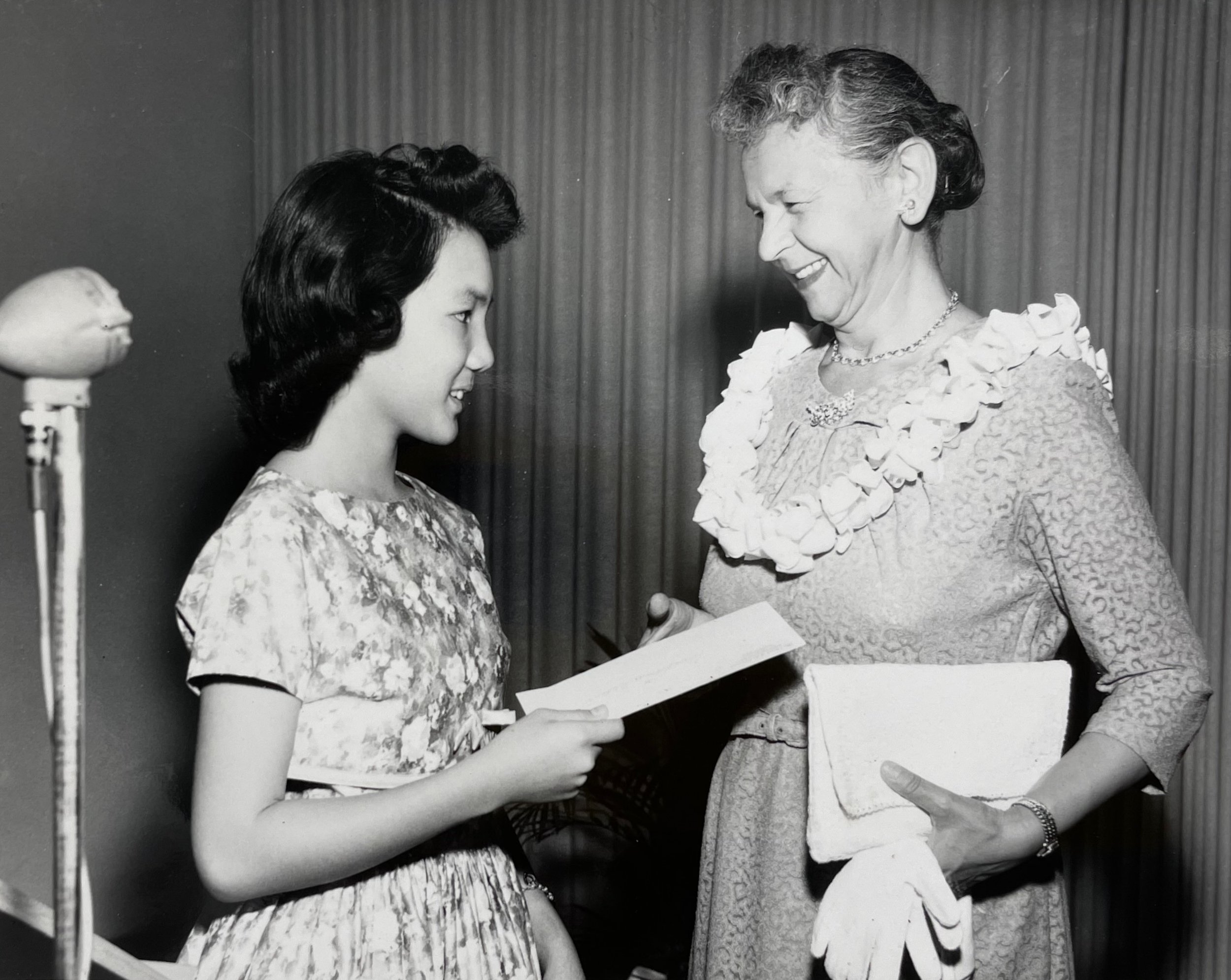
Carolyn Watanabe with Anna Dederer (Missionary to Micronesia)
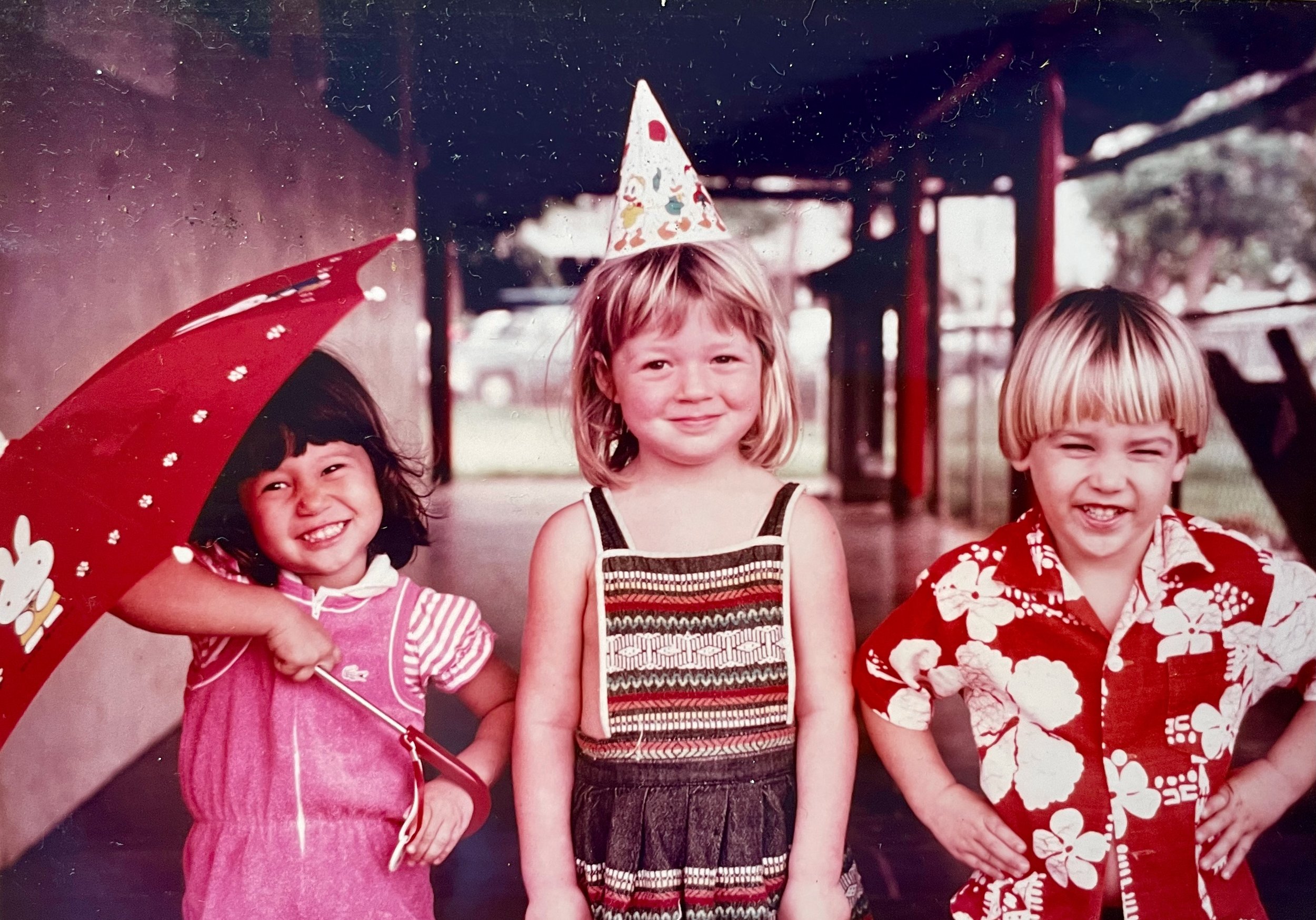
Joanna Takagi, Emily Gillmar, Nick Robinson
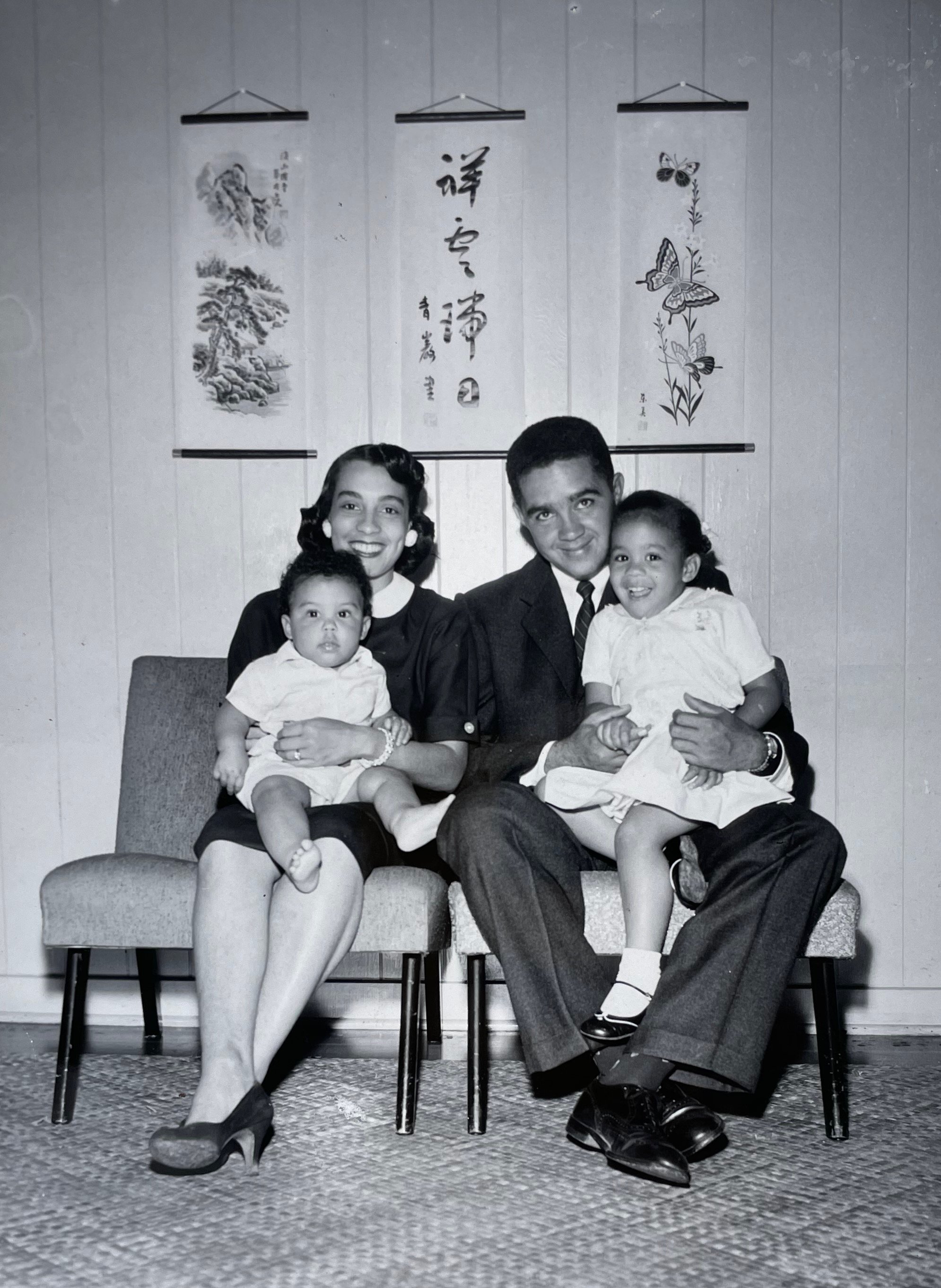
Rev. James Hargett and family
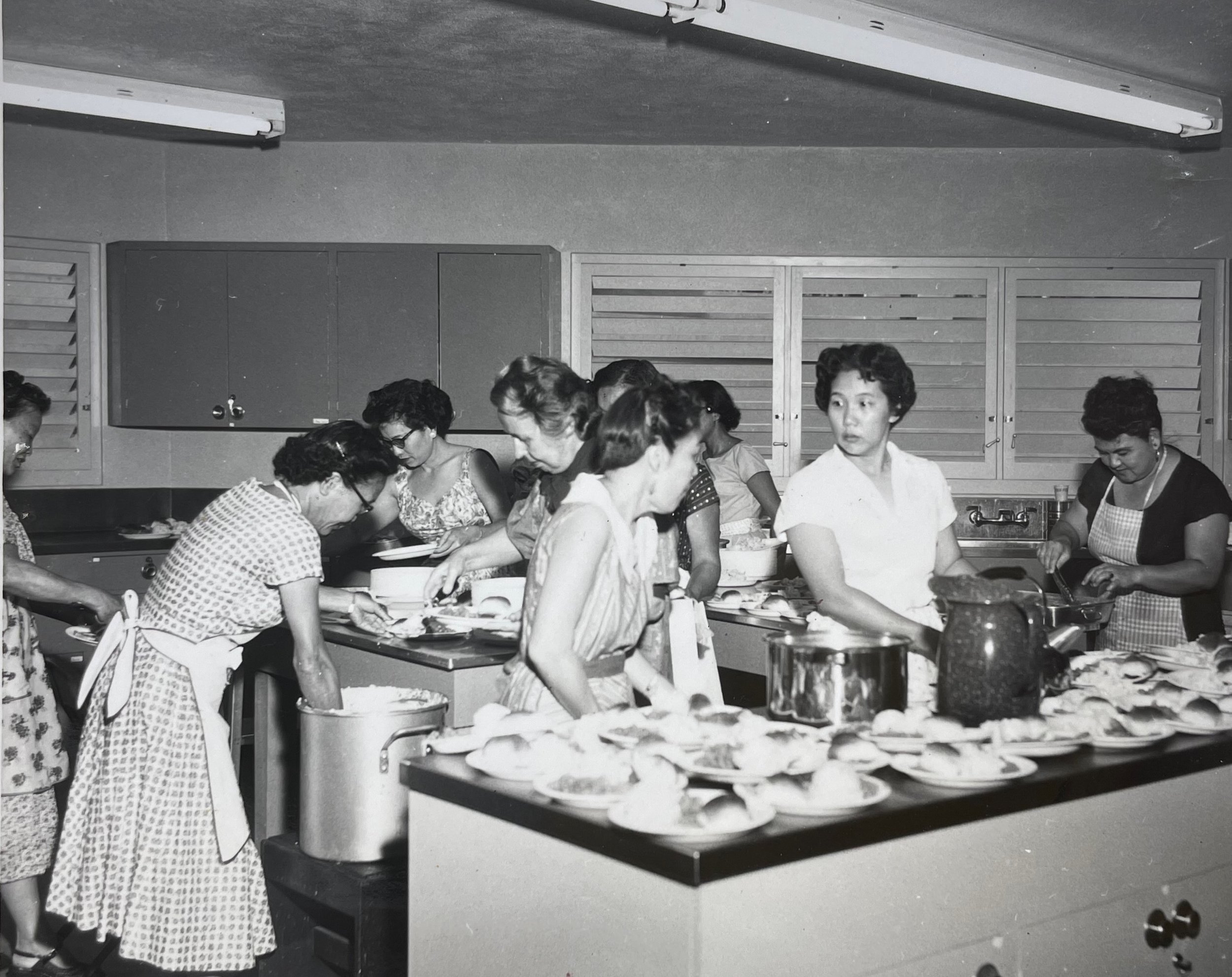
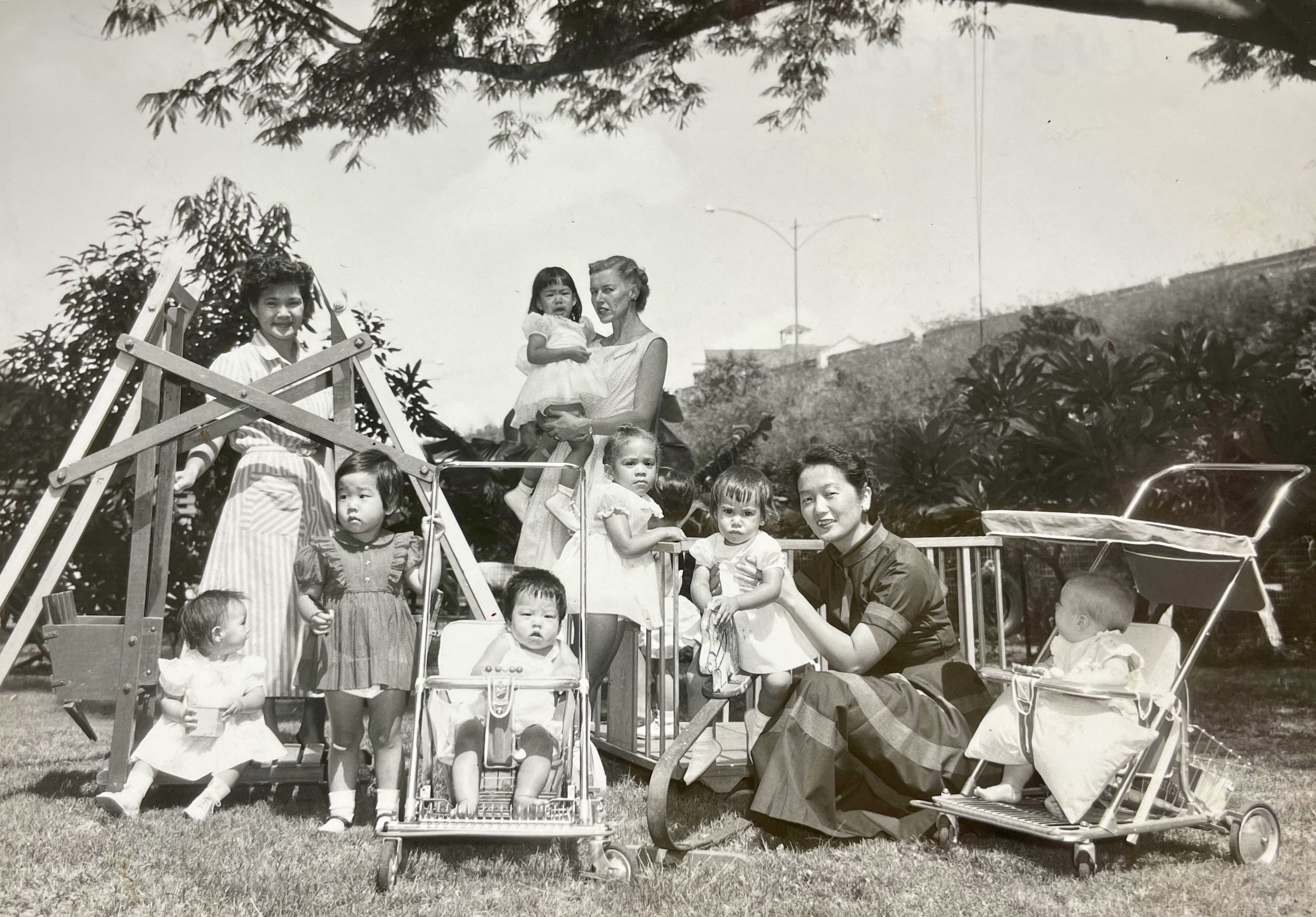
Crossroads Nursery school, 1950s (Kikue Takagi)
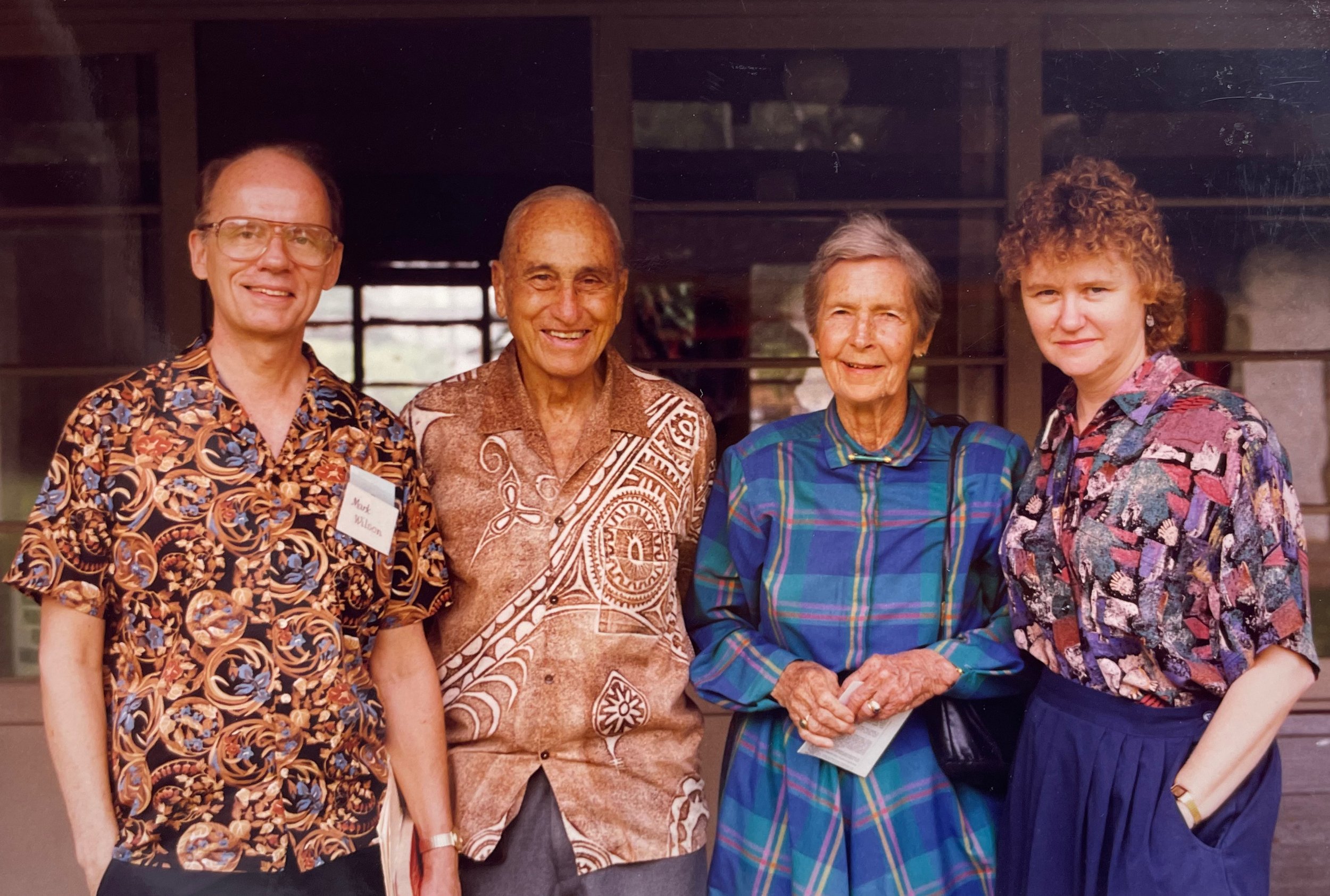
Mark Wilson, Carl & Mary Liz Carlmark, Suzanne Kosanke
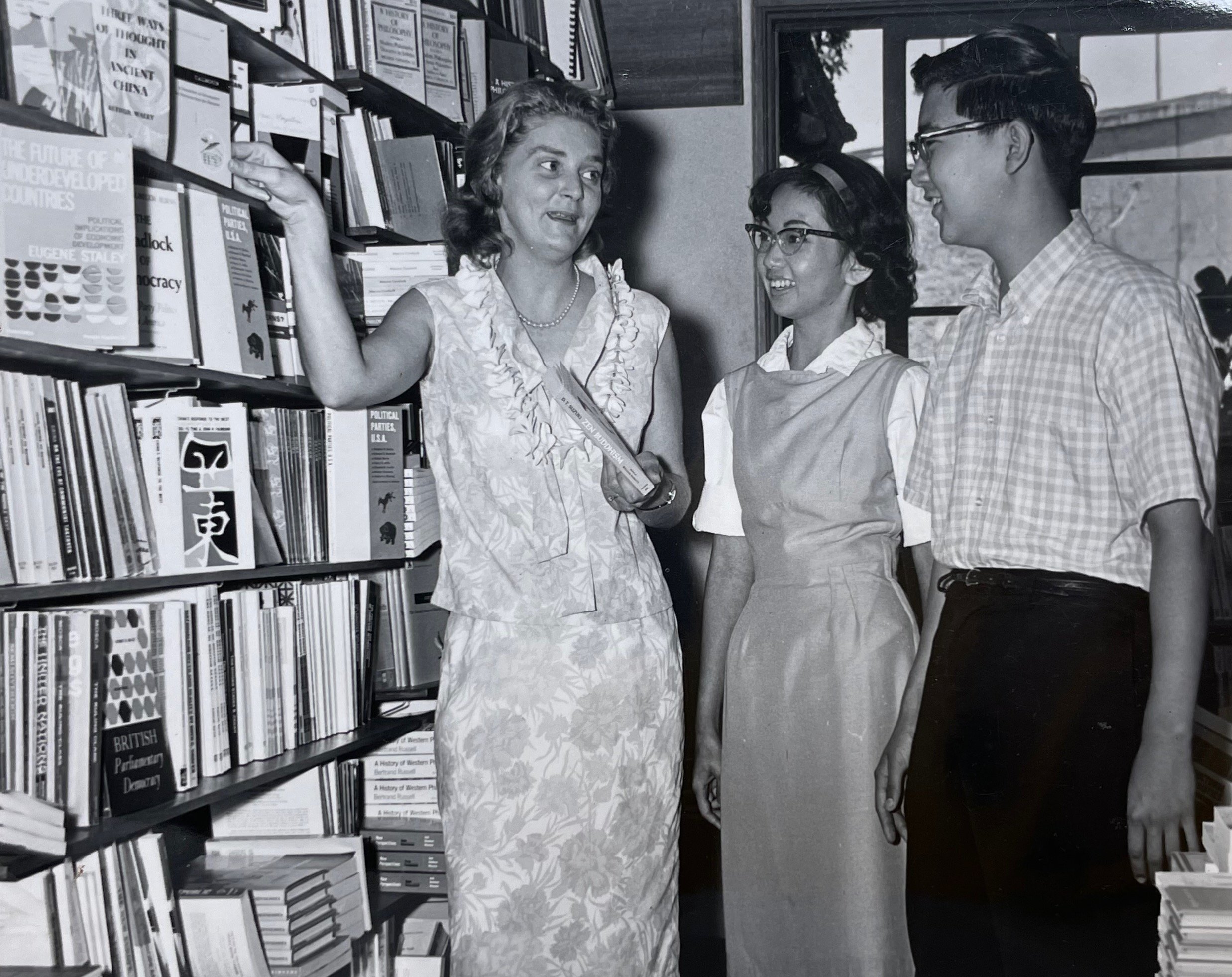
Jean Cherry in Crossroads bookstore

Crossroads Choir, 2000s
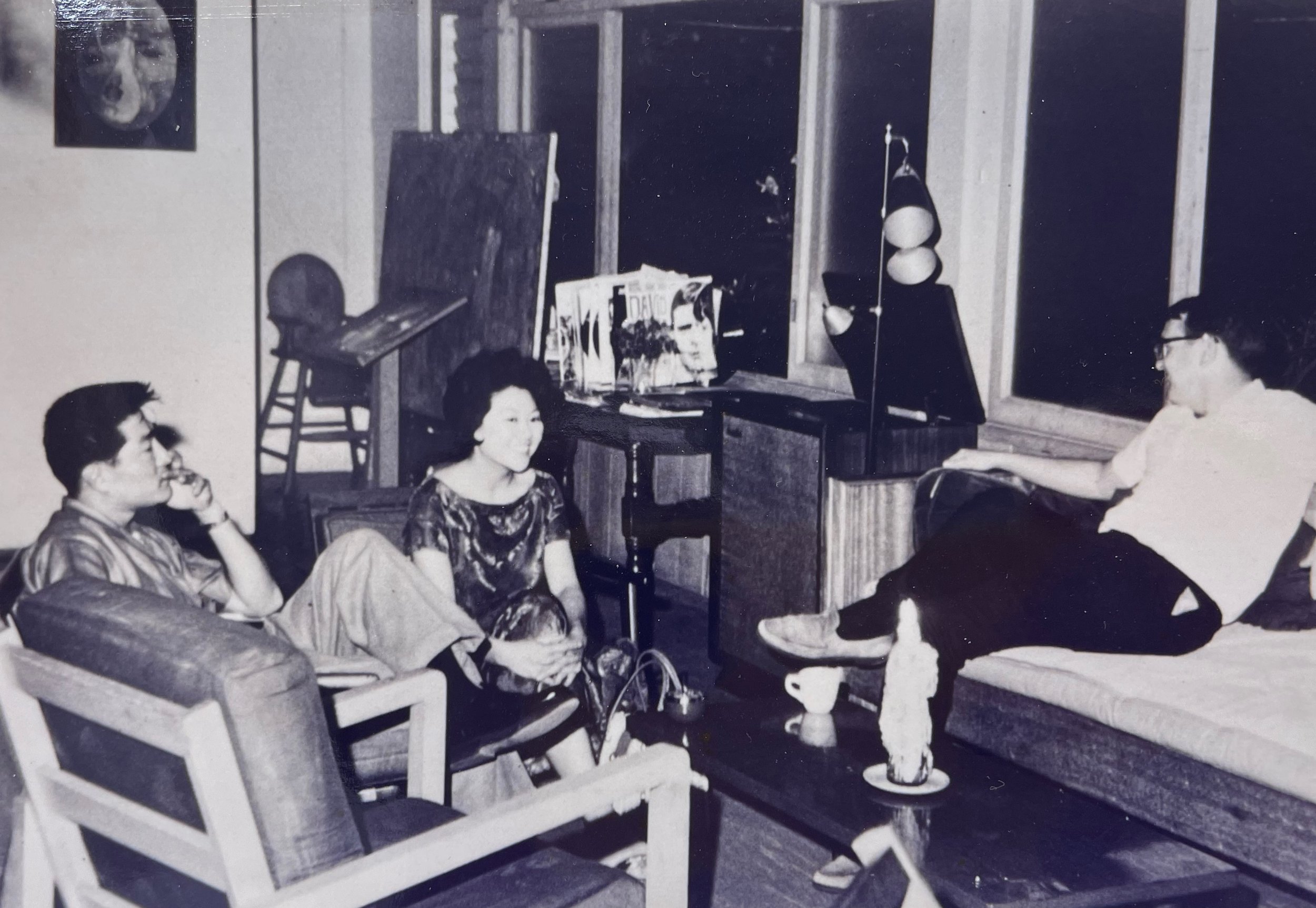
Freeway Coffeehouse
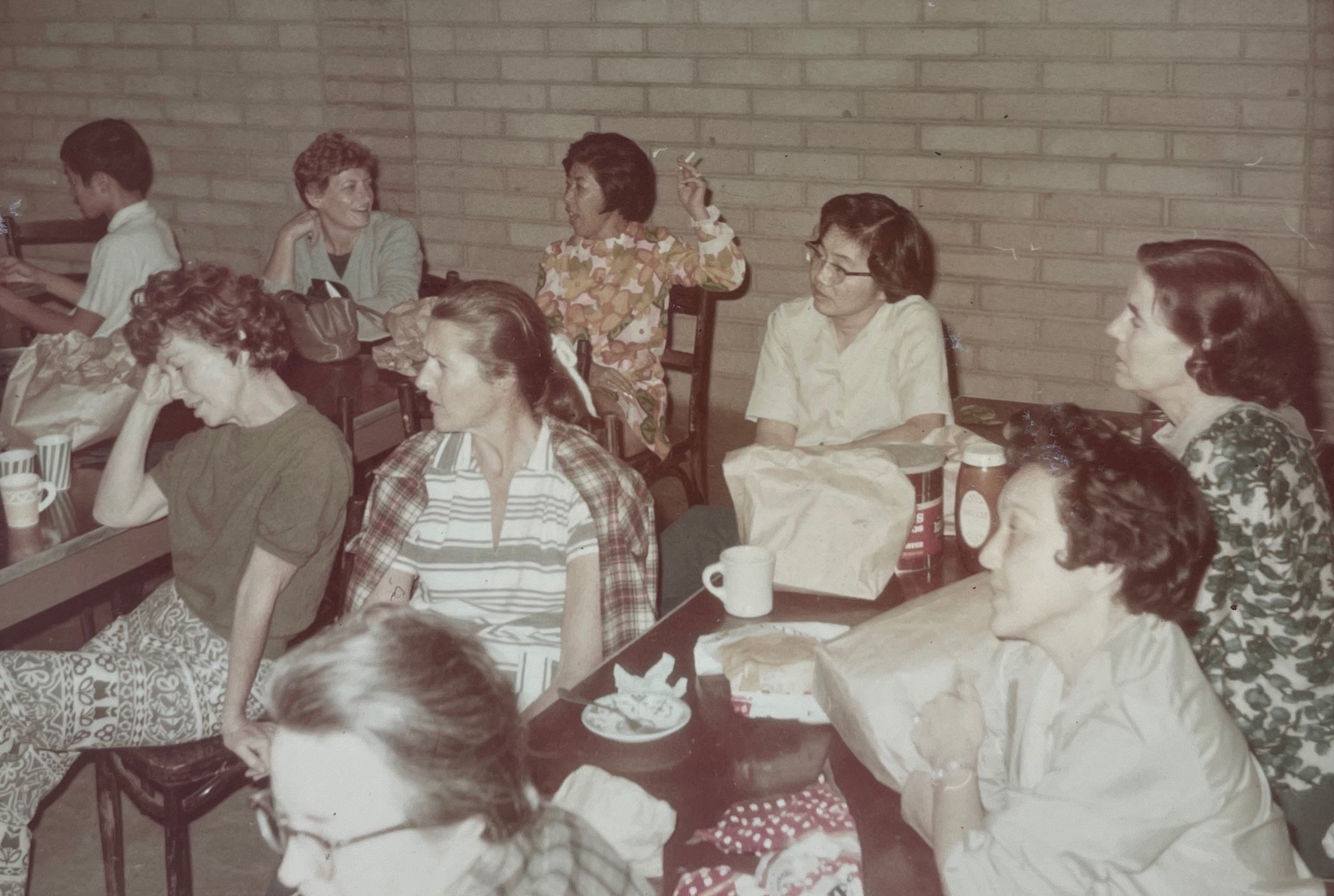
Louise Bonner, Nancy Knight, Amy Mizuno, Lois Norris, Alice Watanabe, Ruth Miho
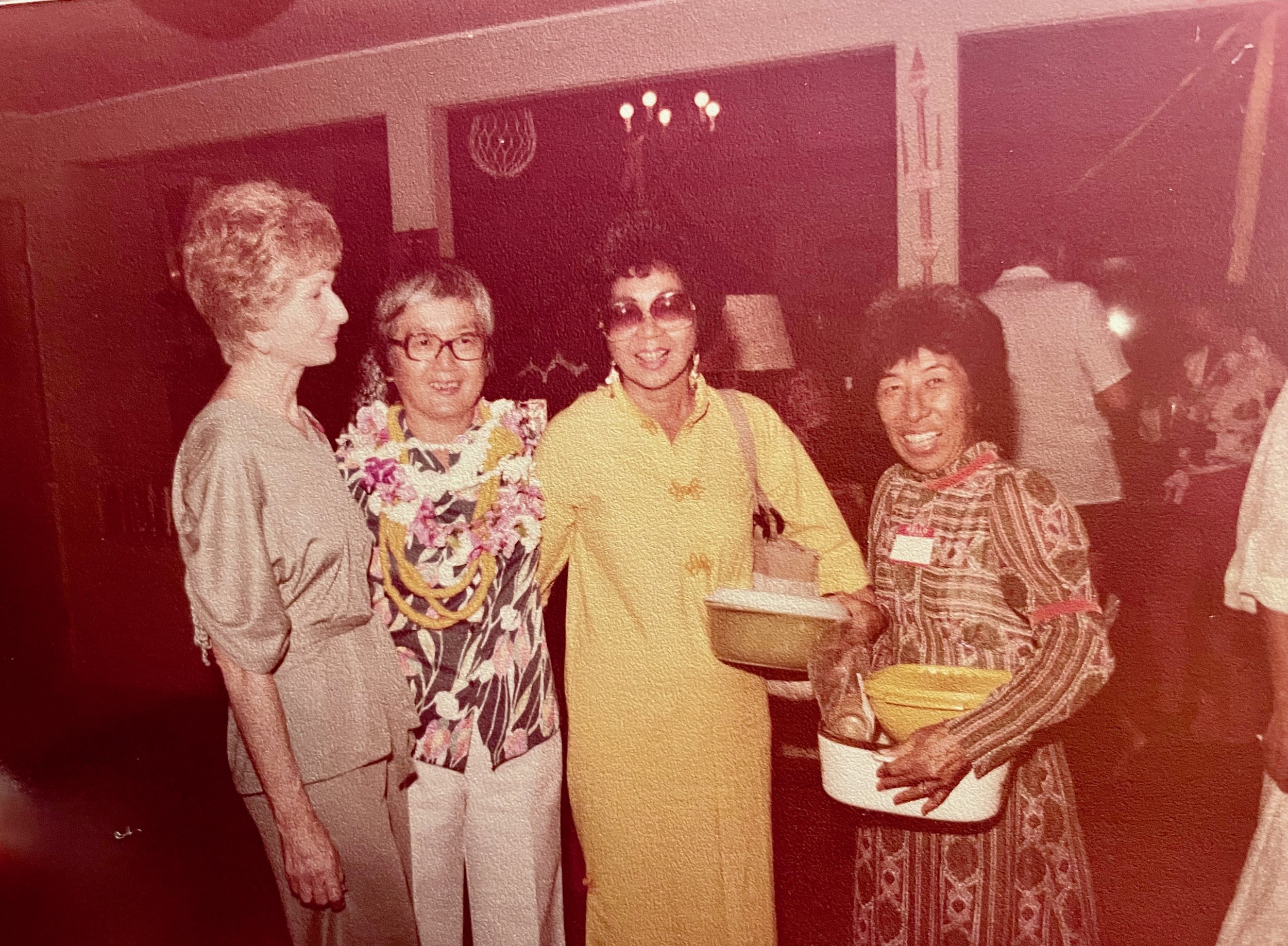
Margaret Solomon, Kikue Takagi, Edith Laeha, Amy Mizuno
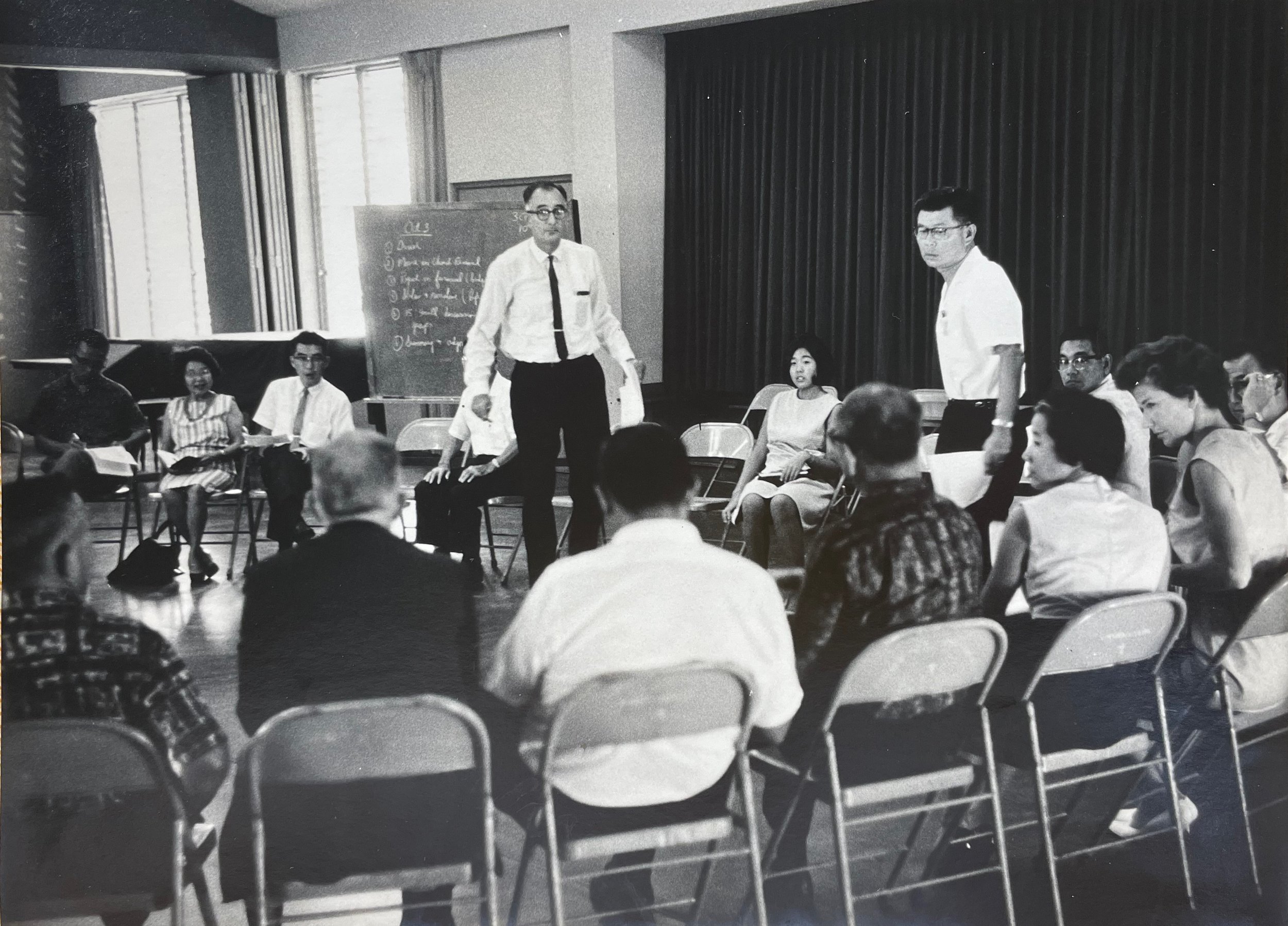
Bob Dye, Douglas Takagi
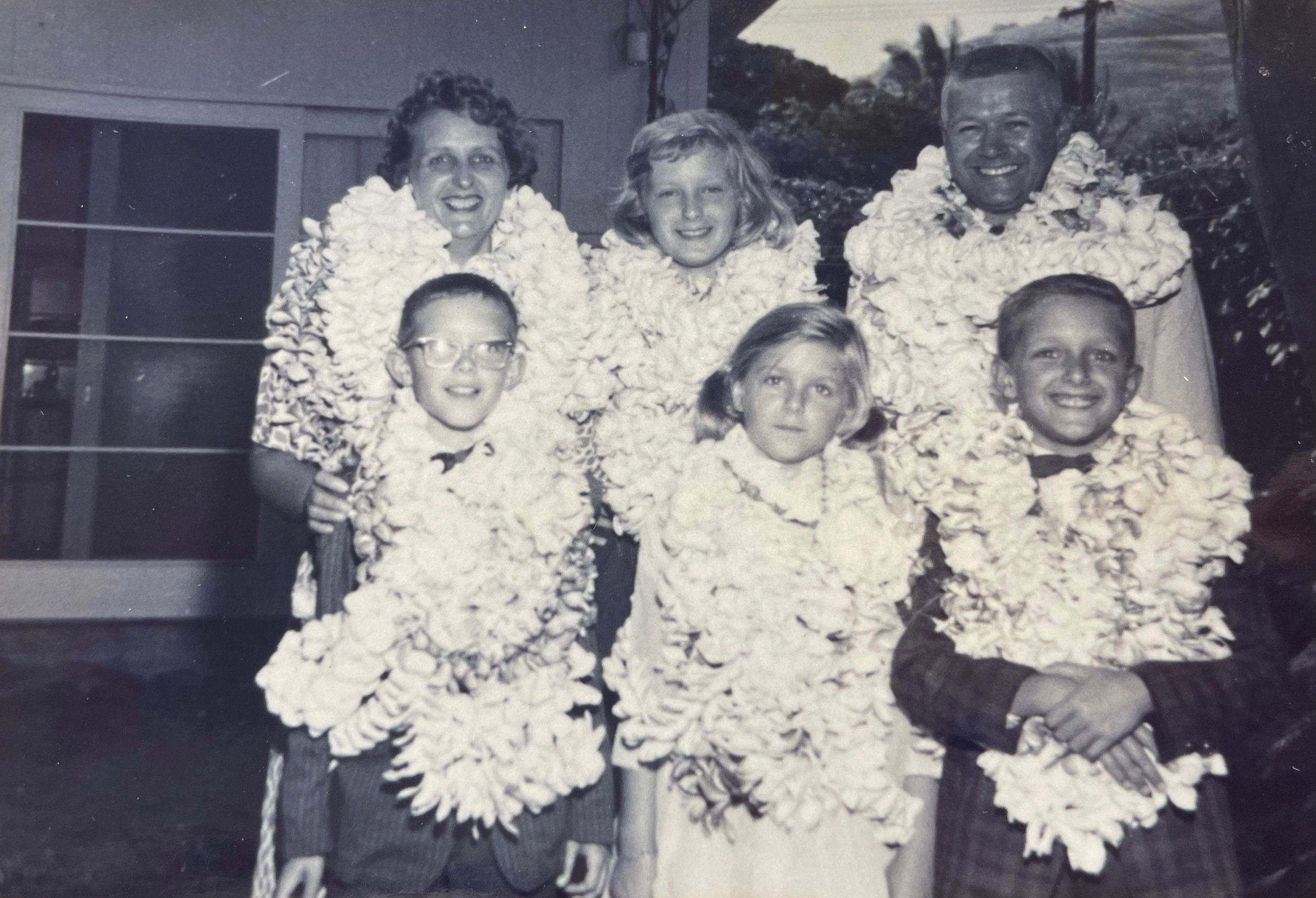
Rev. Delwyn Rayson and family
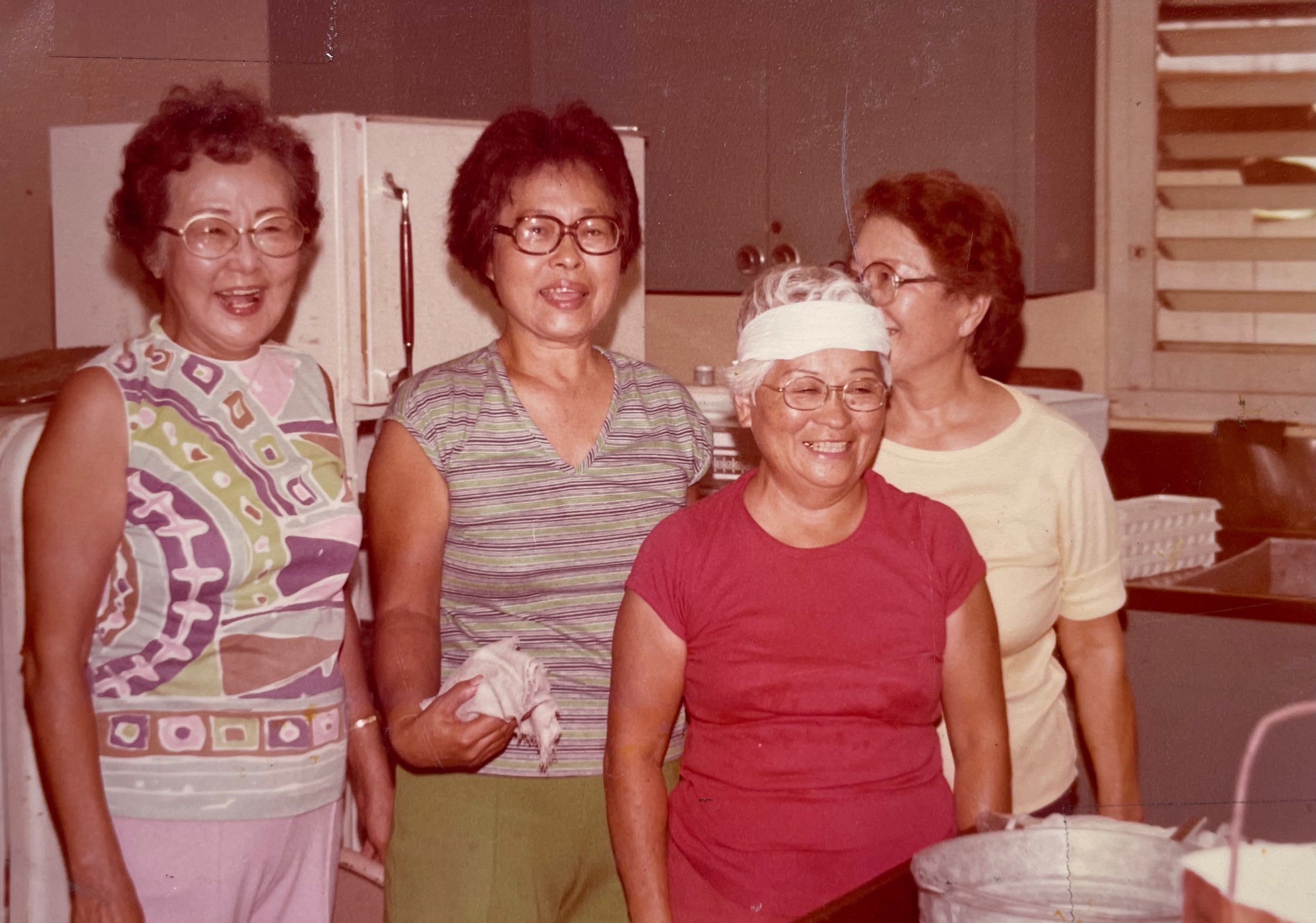
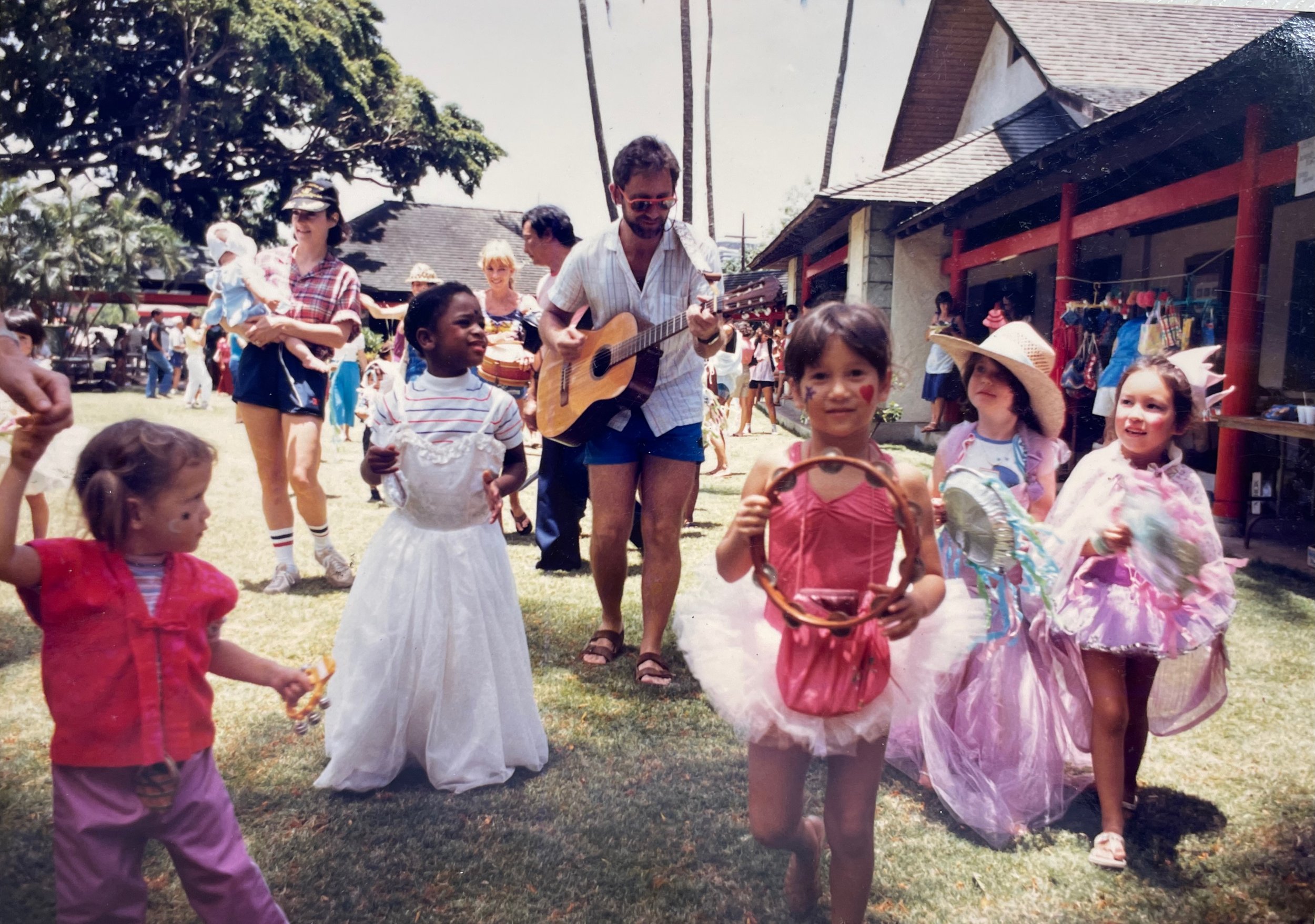
Megan & Joanna Takagi
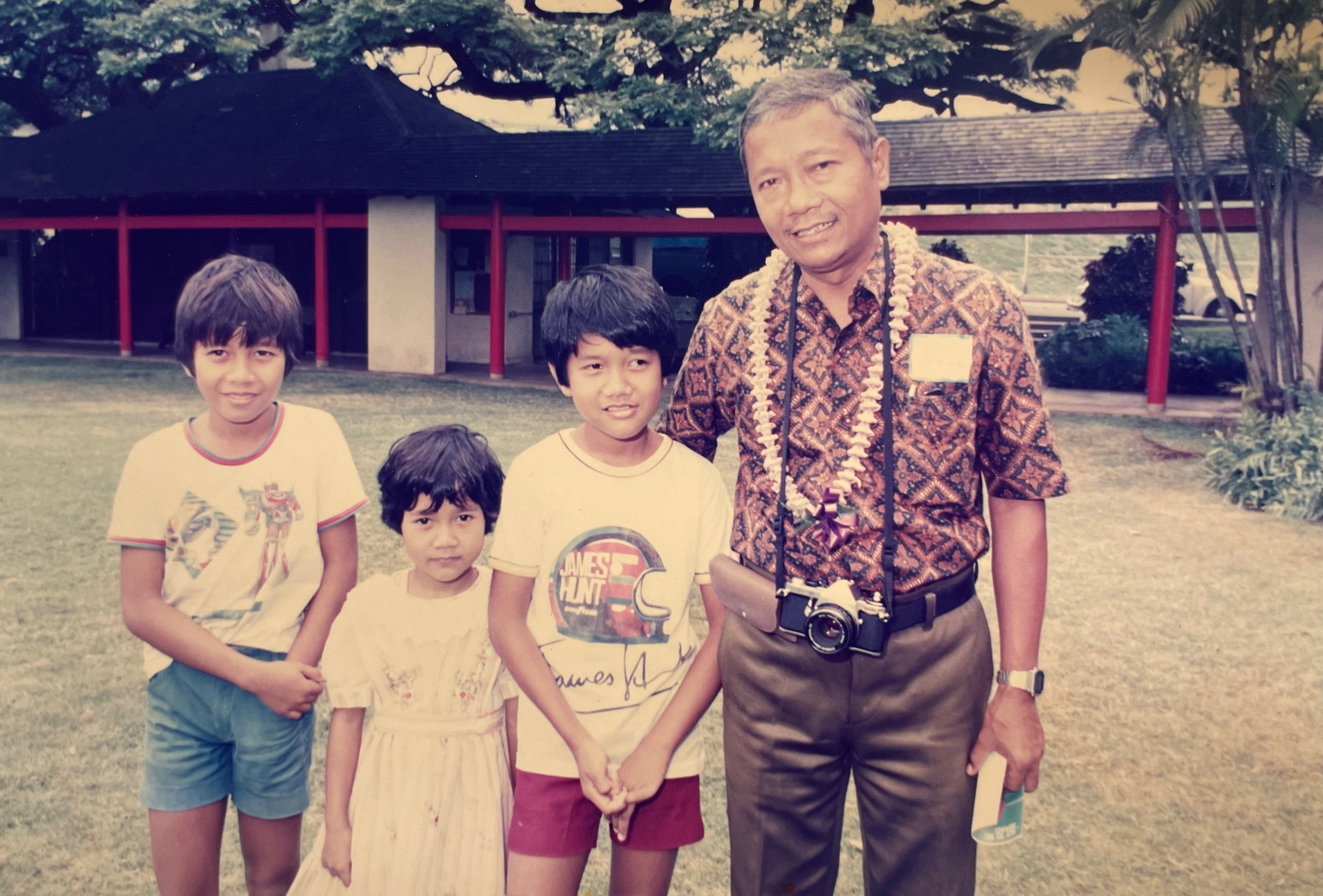

Chimes newsletter committee
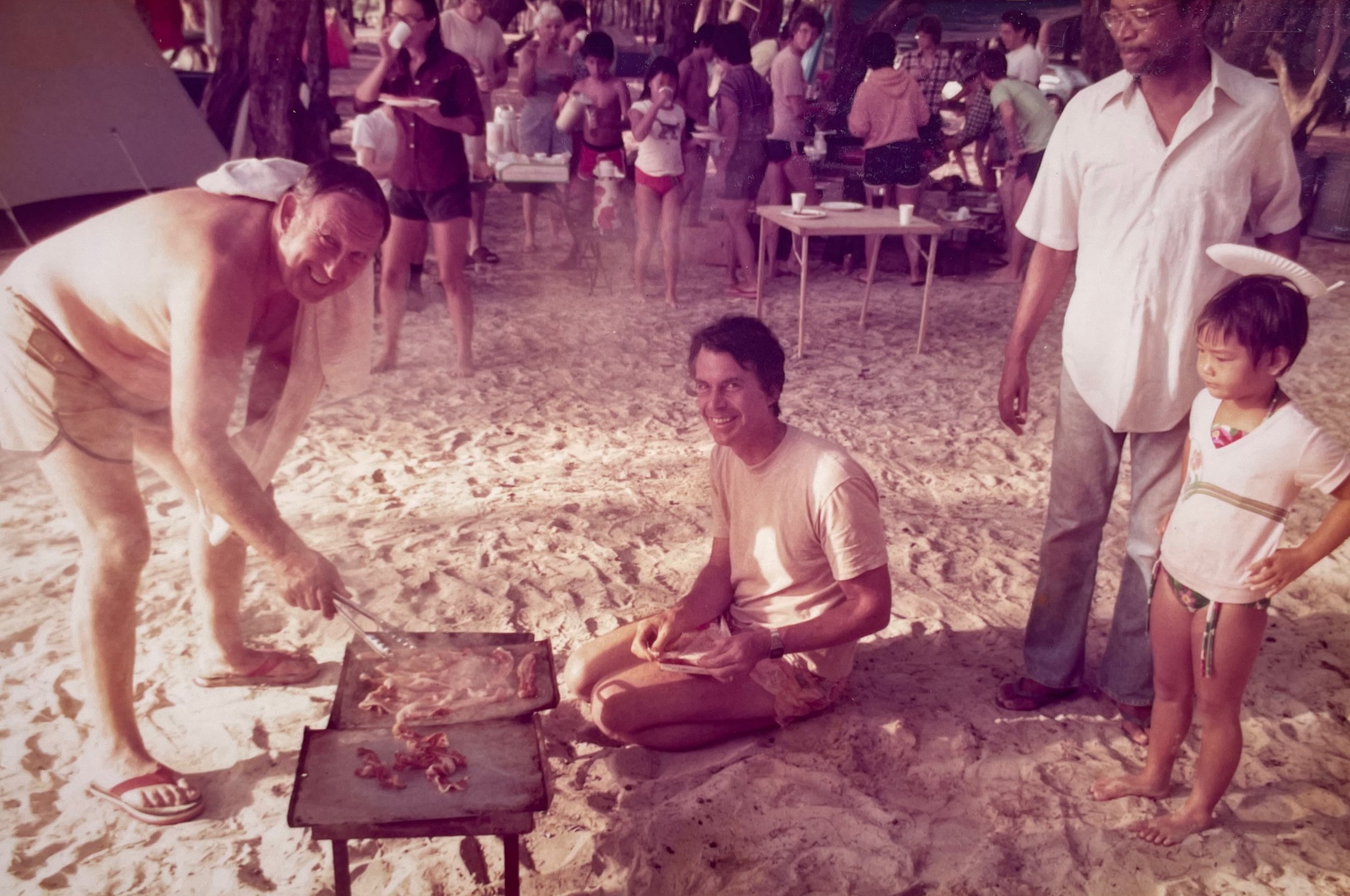
John Rantala, John Southworth, Jim Howell
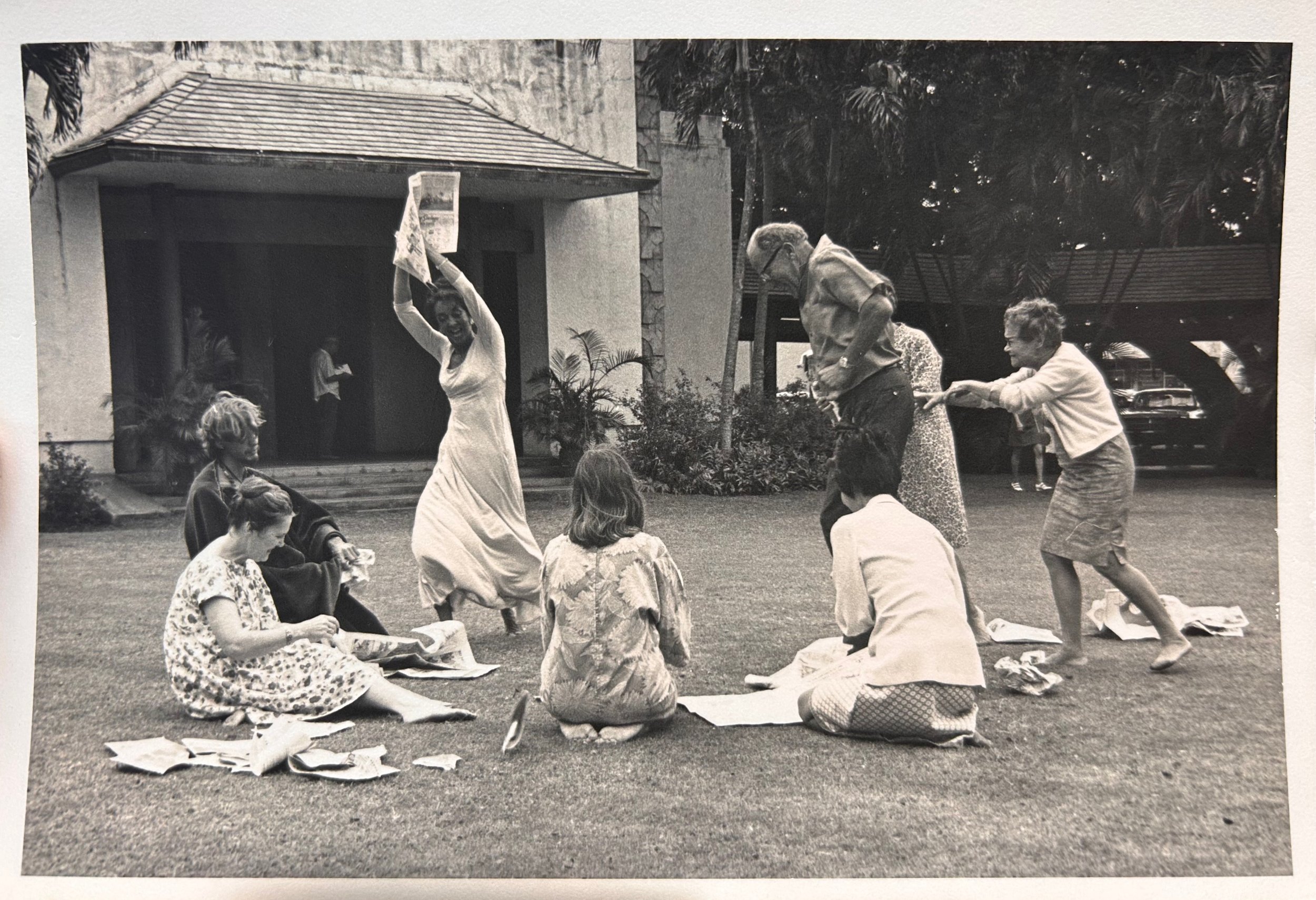
Shenanigans on the lawn

Christy MacPherson & Rev. Neal MacPherson
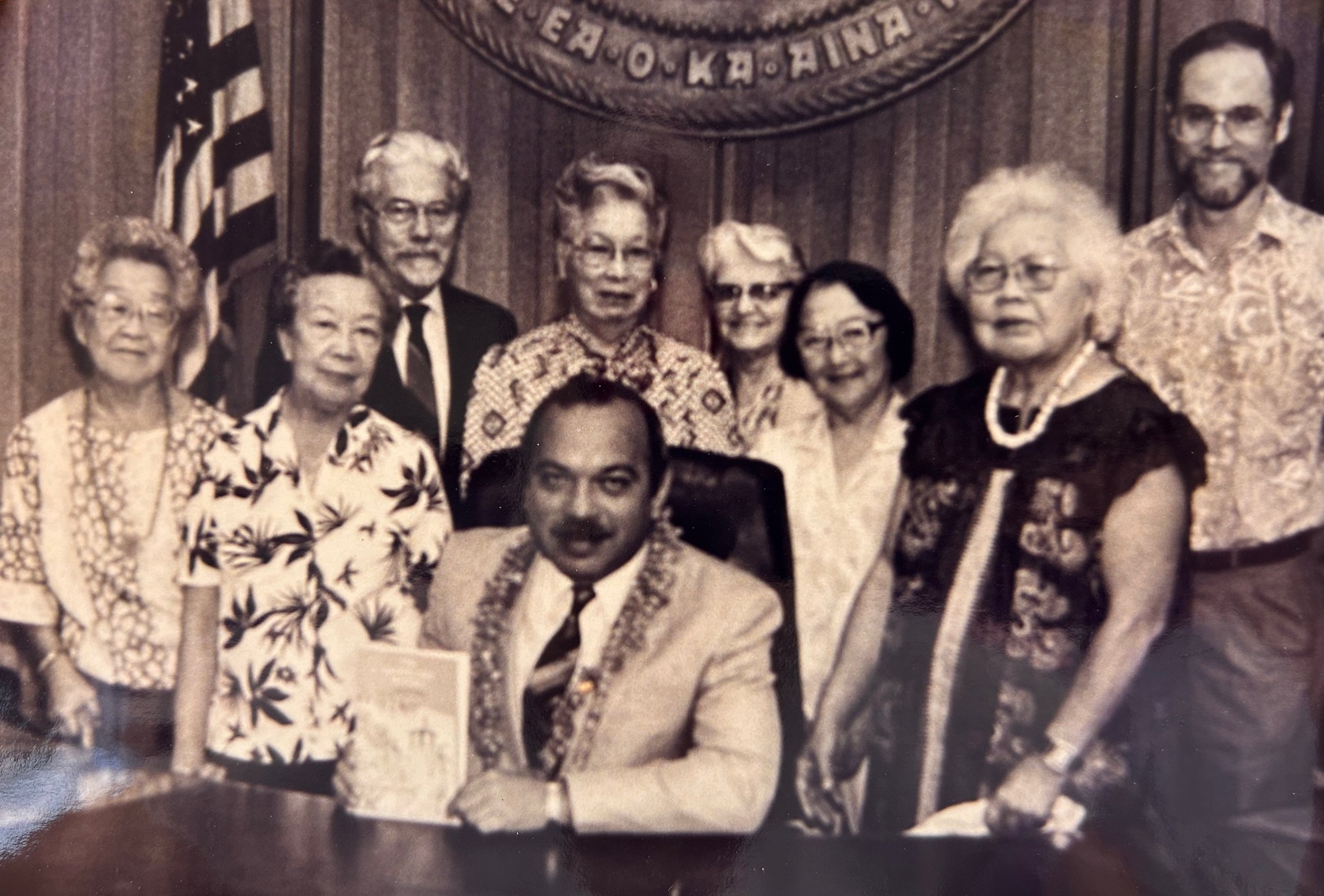
Esther Ho, Ah Yin Thom, Governor John Waihe'e, Peg Eldridge, Adelaide Kimura, Elsie Ho, Neal MacPherson
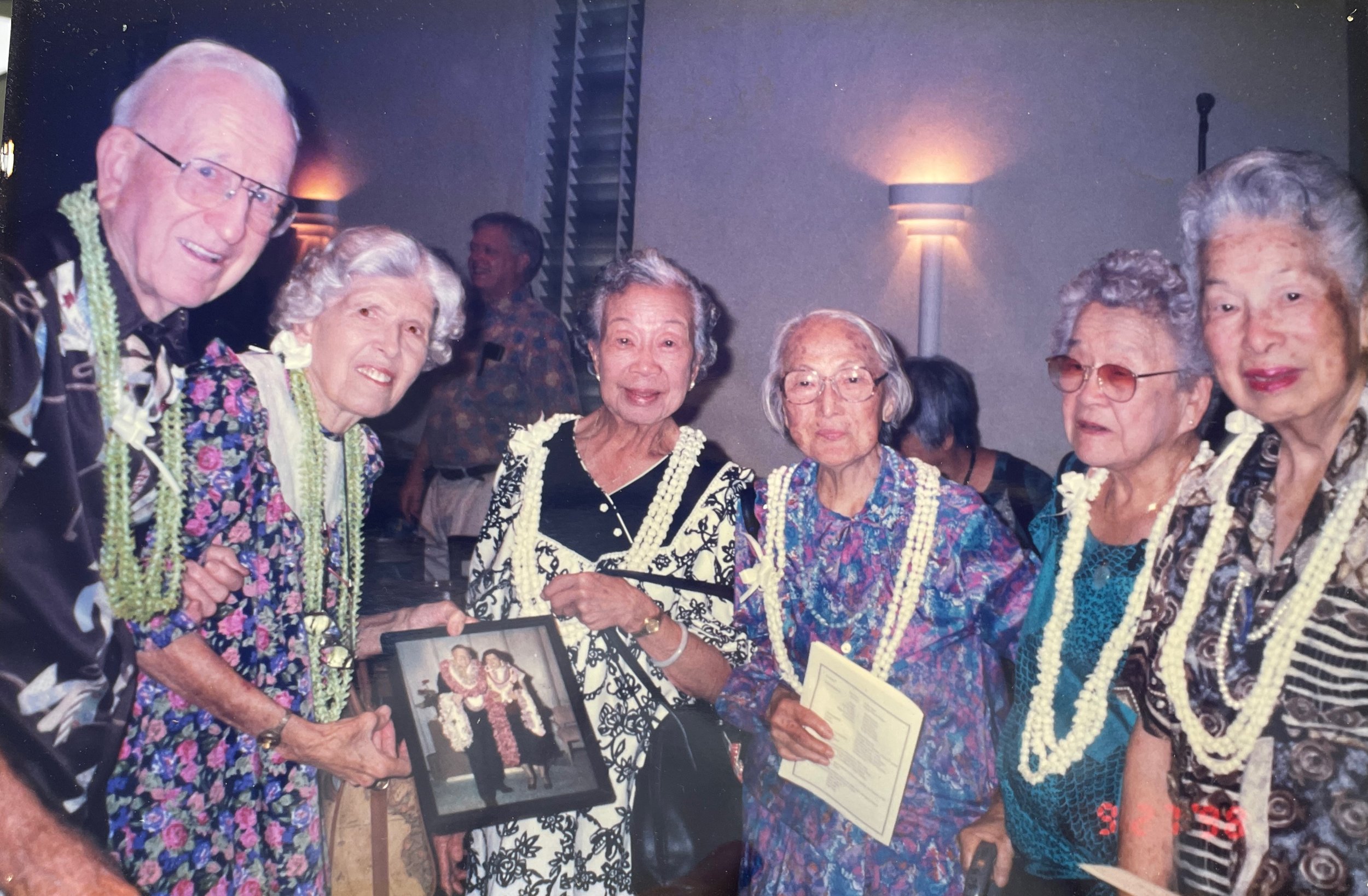
75th Anniversary: Rev. and Mrs. Olin B. Pendelton (pastor 1949-1952), Esther Ho, Adele Kimura, Bernice Young, Ah Yin Thom
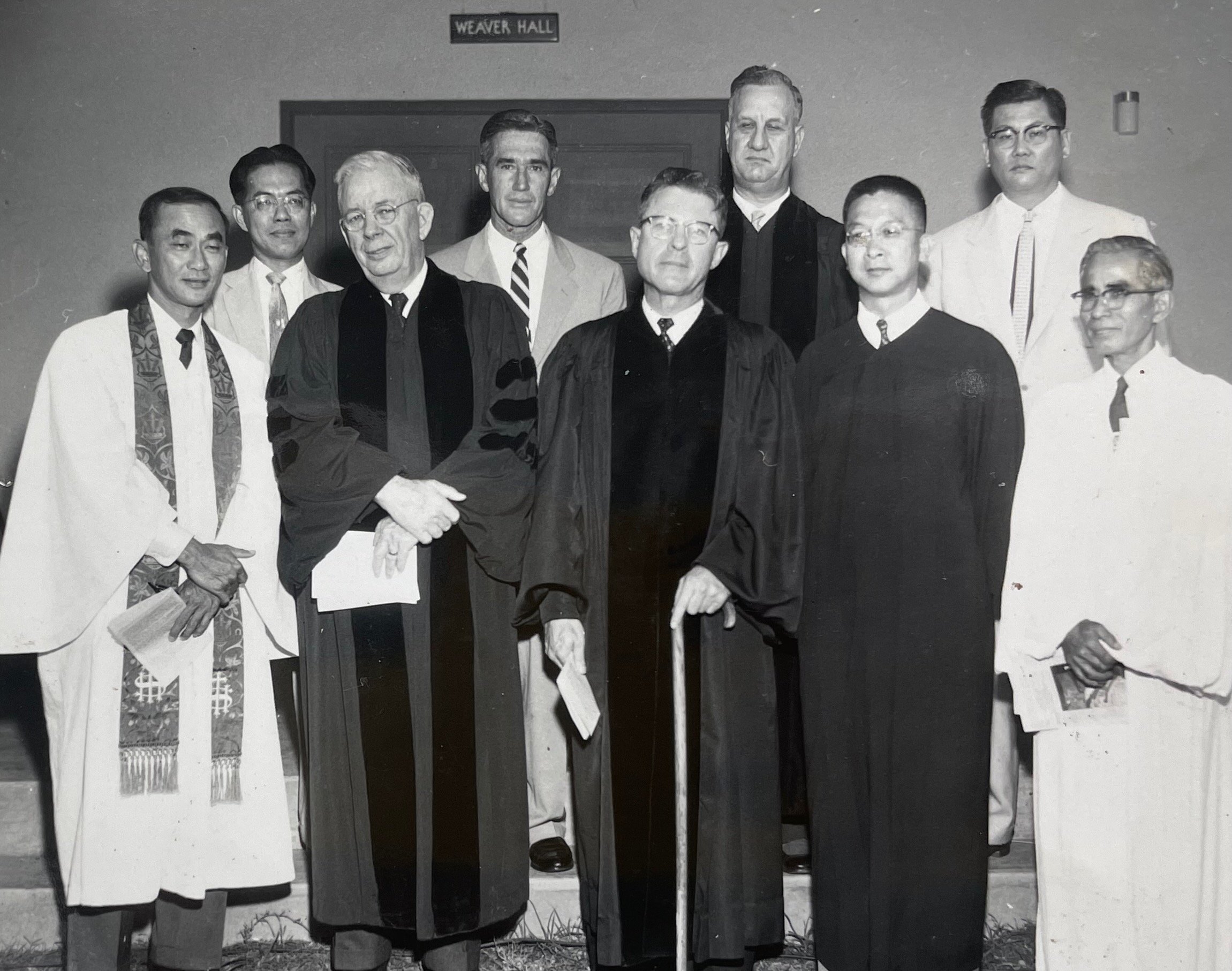
Mayor Neal Blaisdell, Dr. Drier, Richard Wong, Dr. Gill, Rev Gaylord, Rev Mits Aoki, Rev Chinen, late 50s
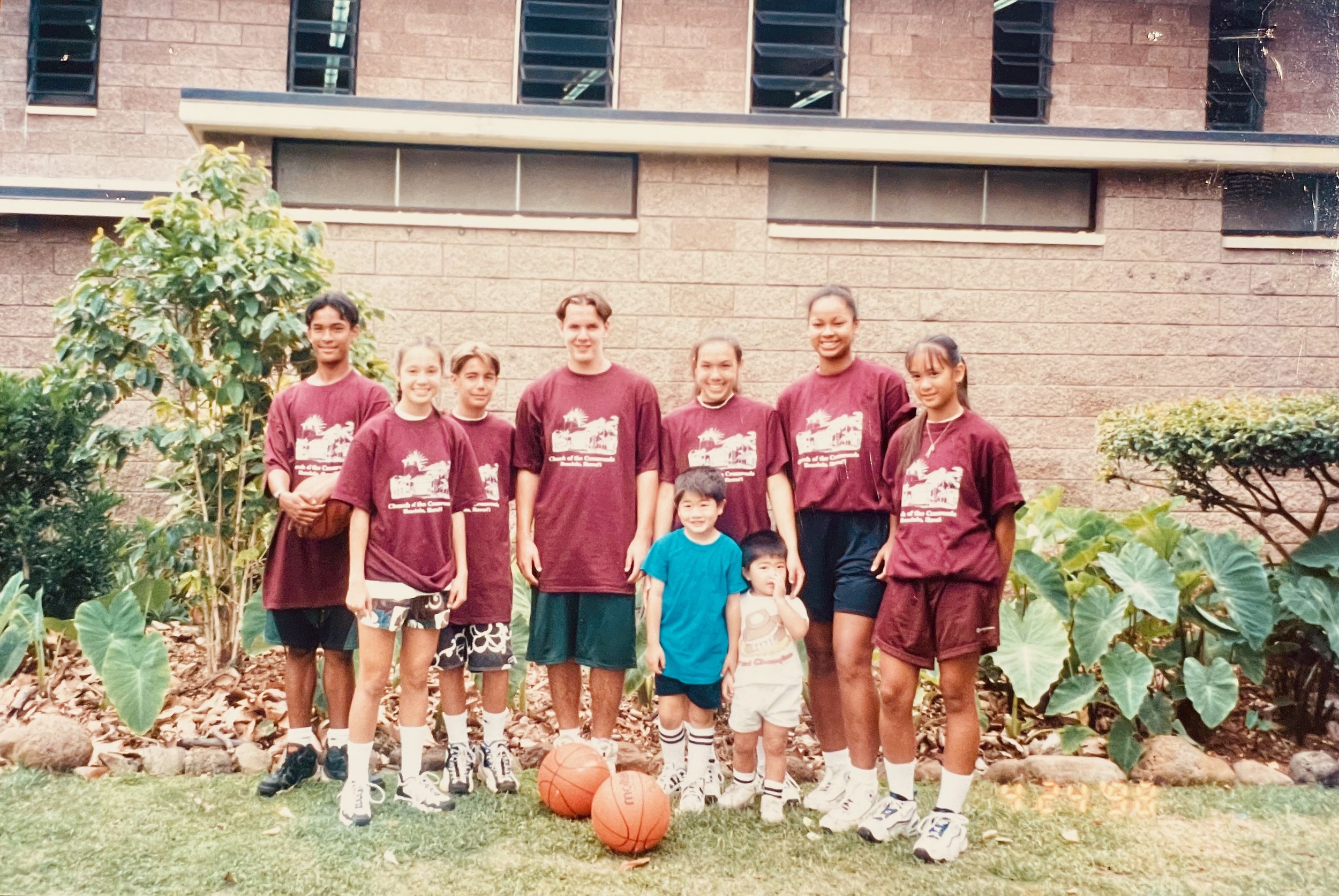
Crossroads Youth Basketball Team circa 1998: Sam Fox, Alyssa Watanabe, Ian Achimore, Tristan Child, Kelly Adler, Florence Henderson, Jessica Grant (with keiki Jonah & Tyrus Yamagata)
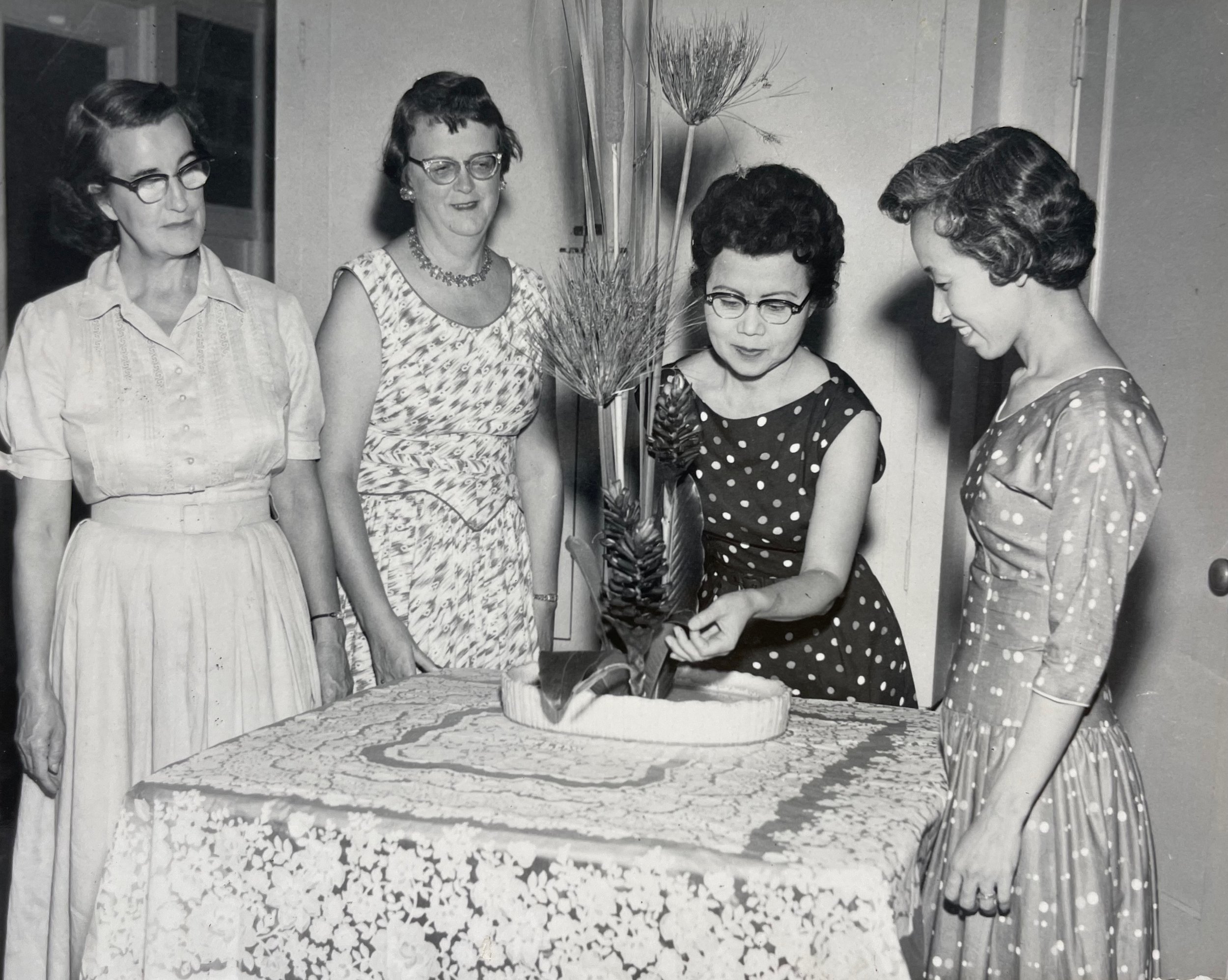
Flower arranging class
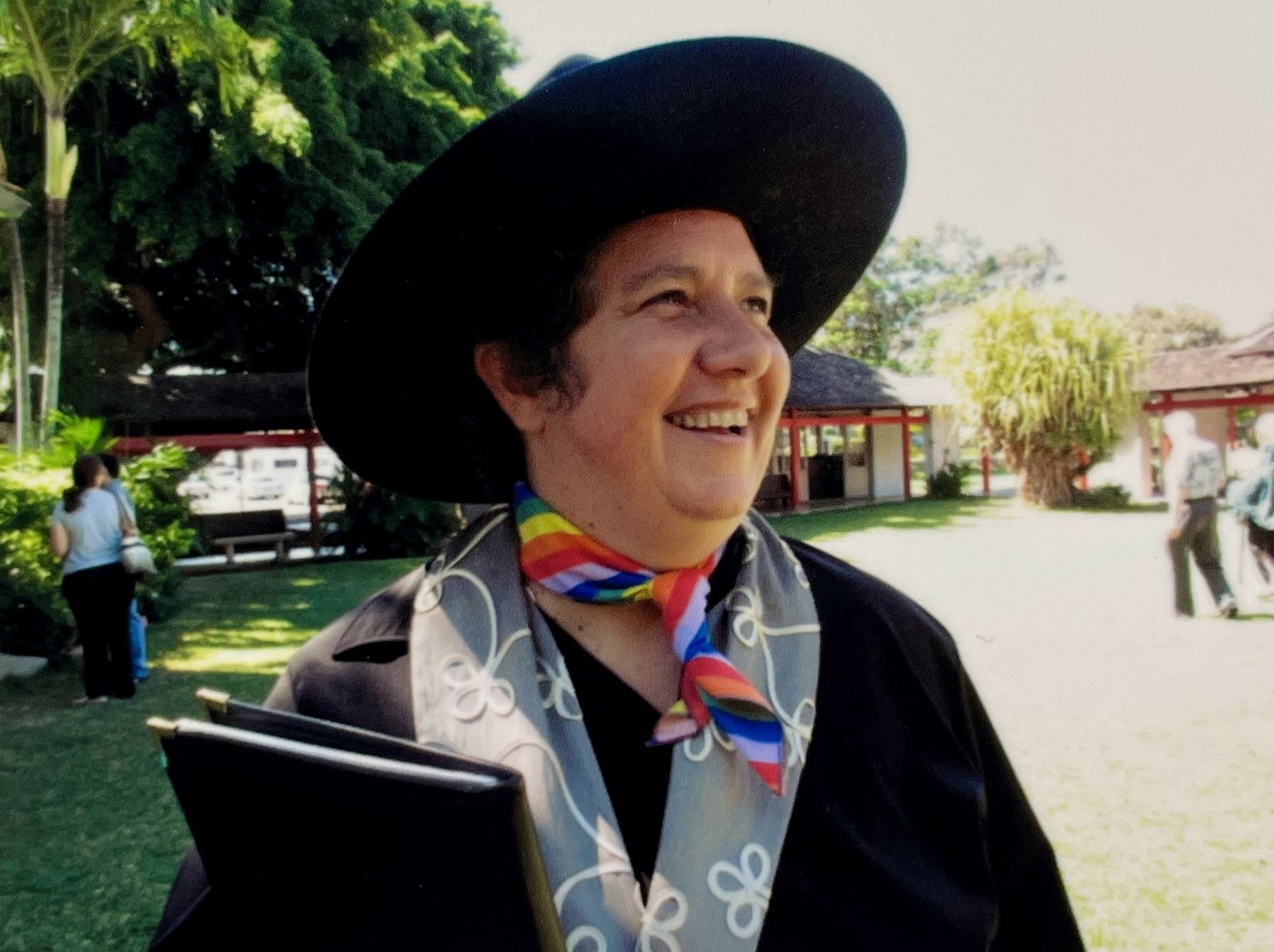
Rev. Kyle Lovett
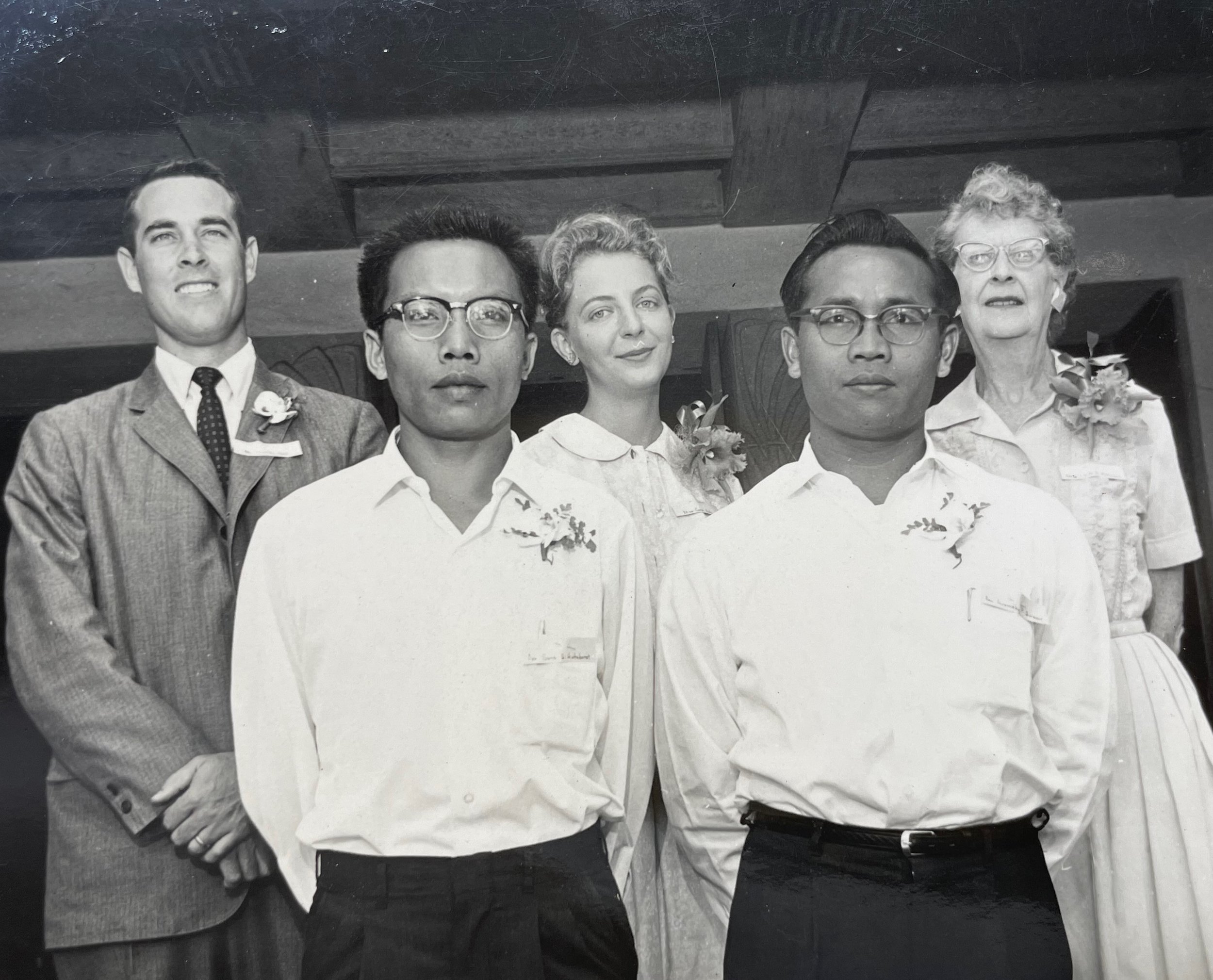
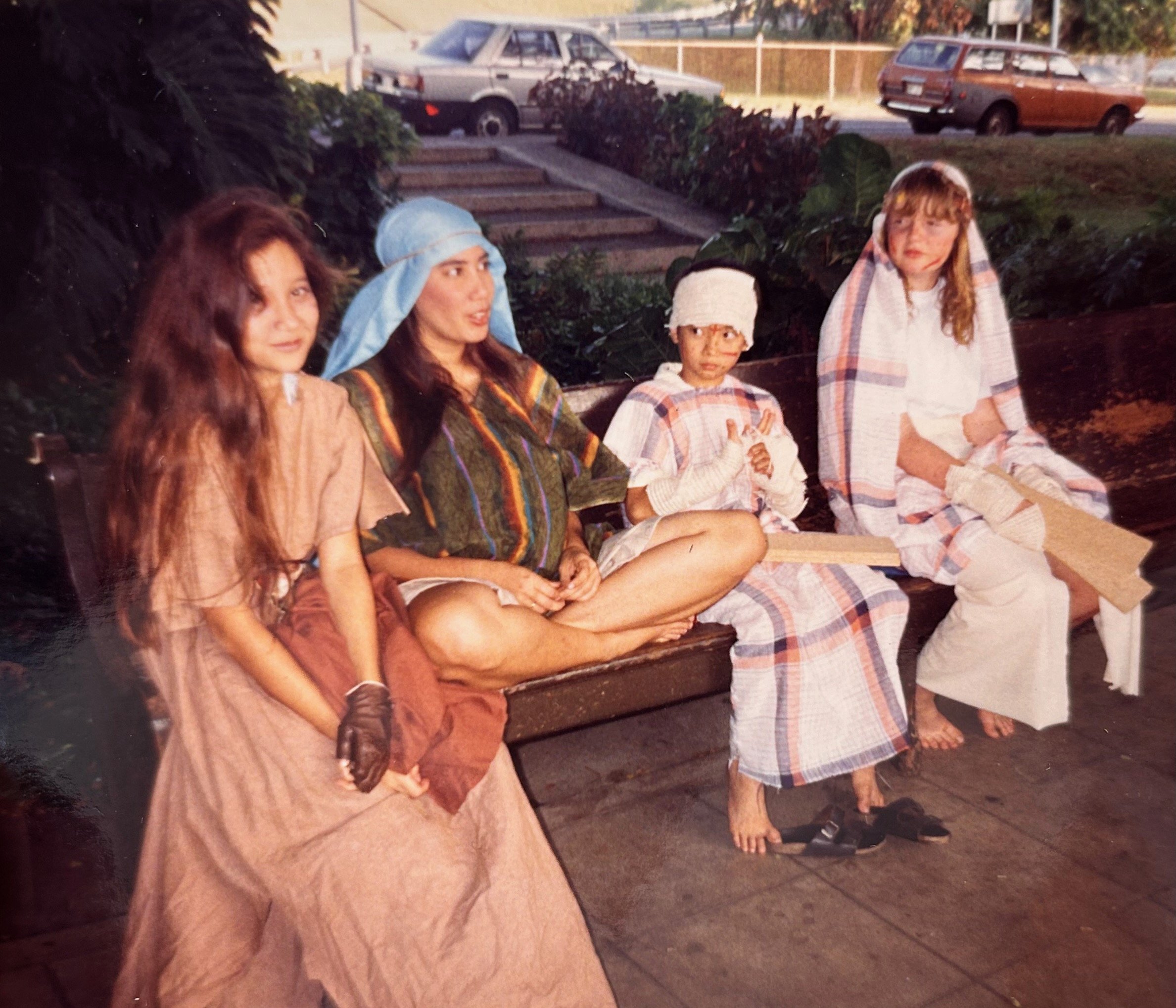
Joanna Takagi, Cathy Sox, Emily Gillmar
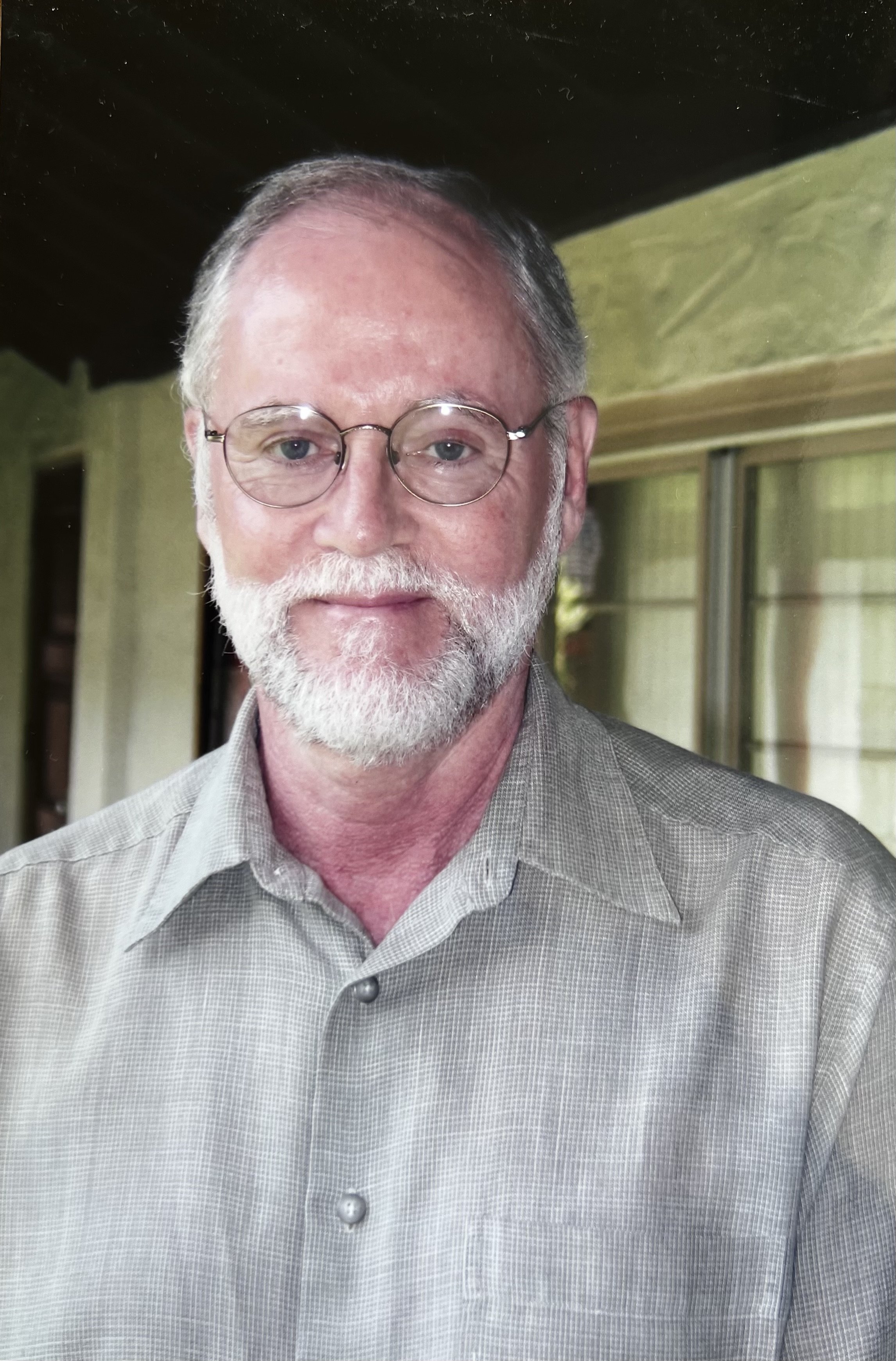
Rev. Neal MacPherson
